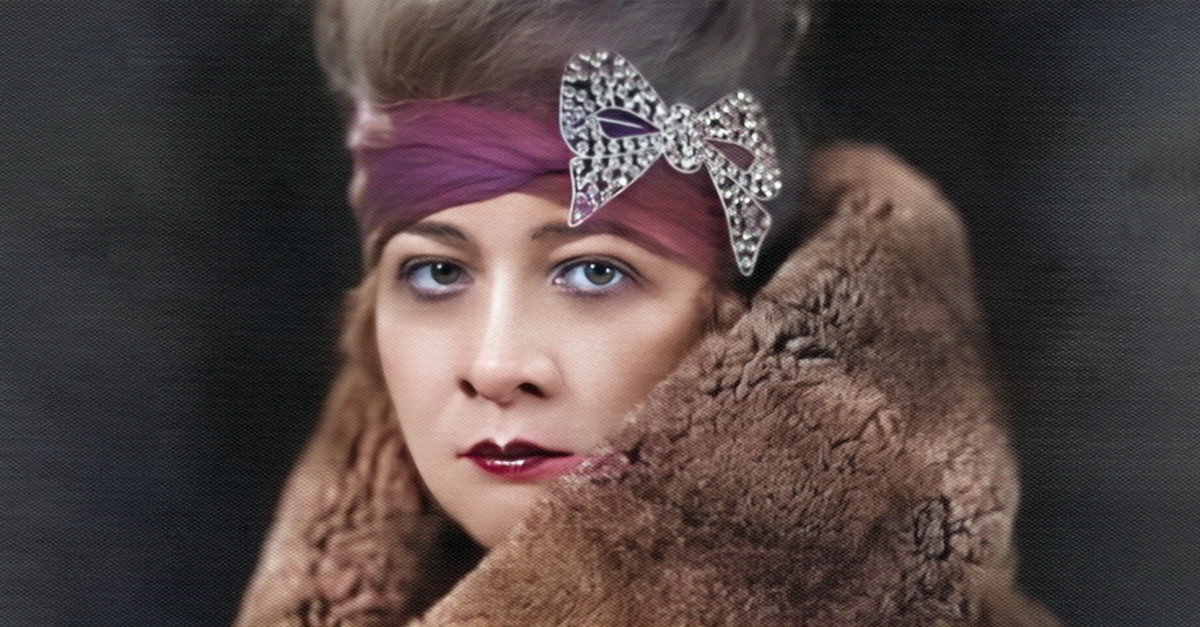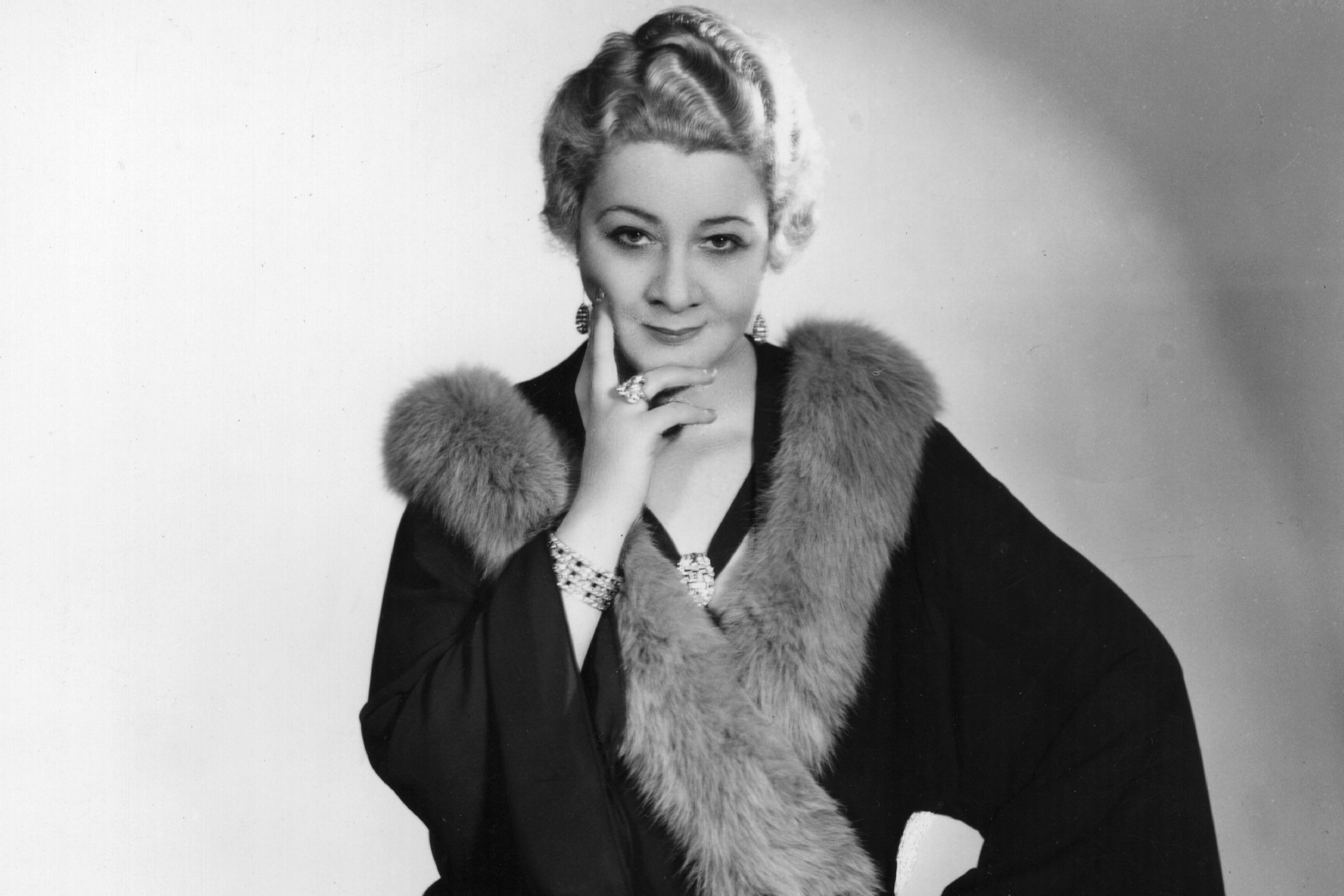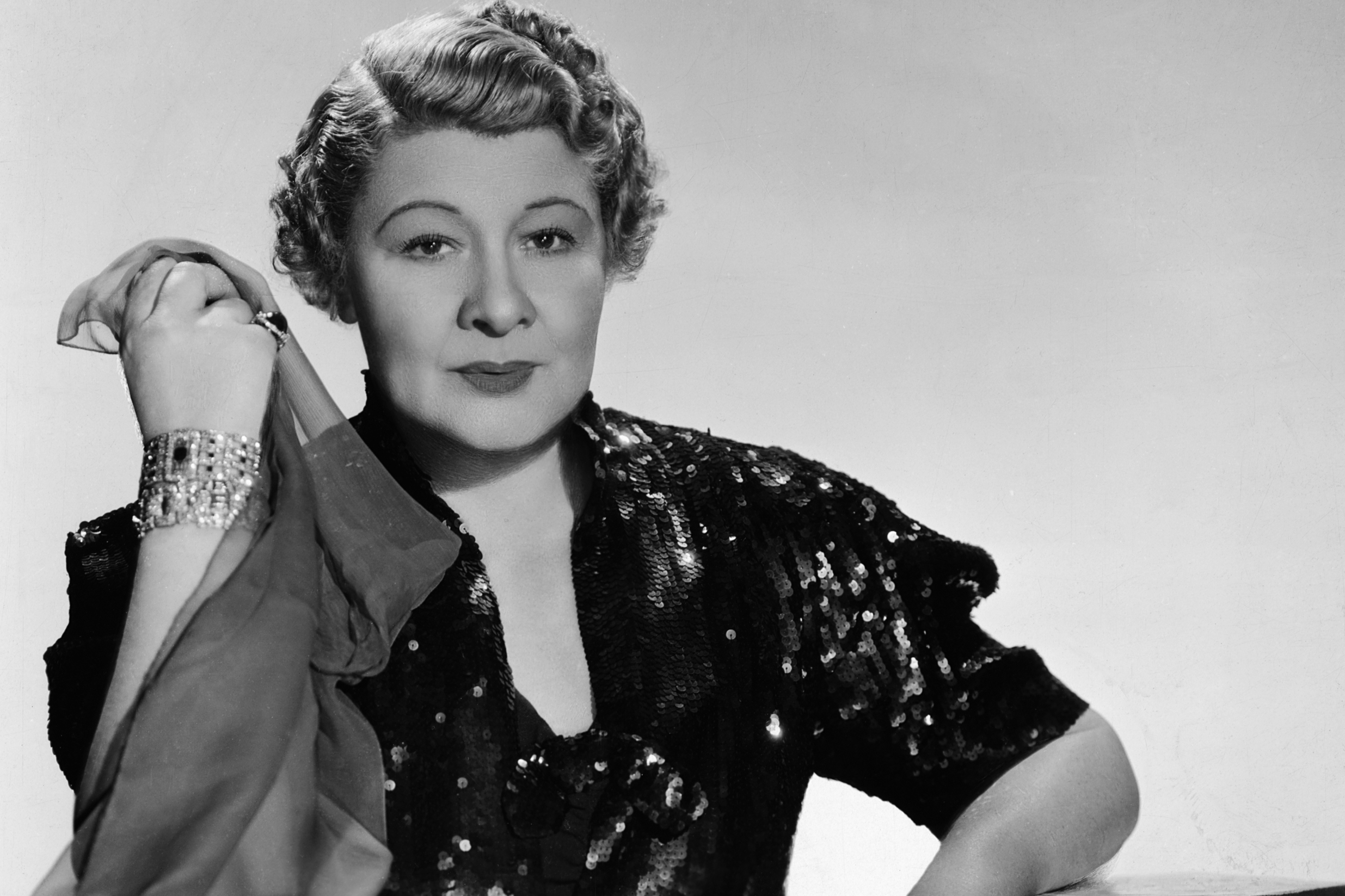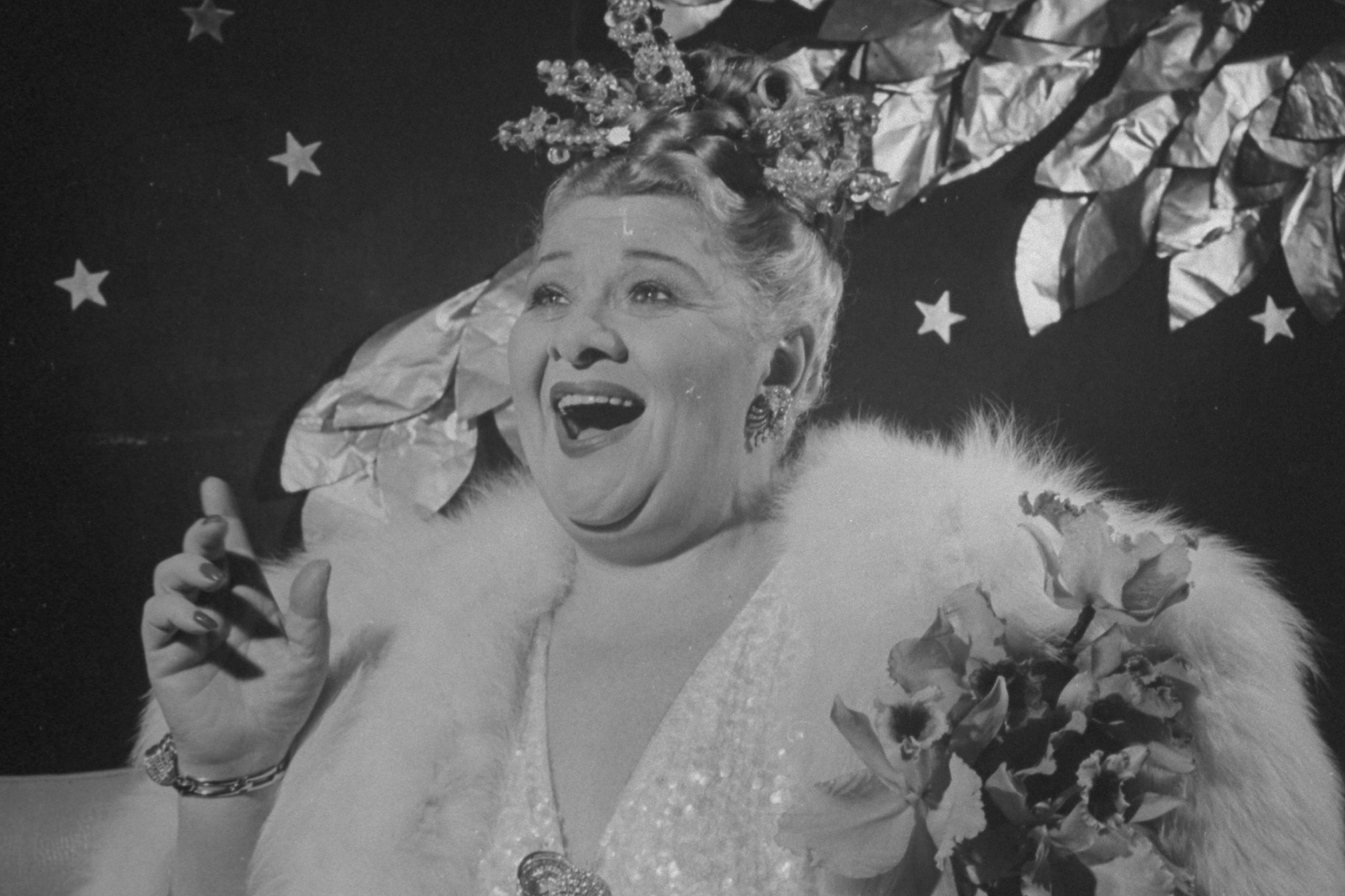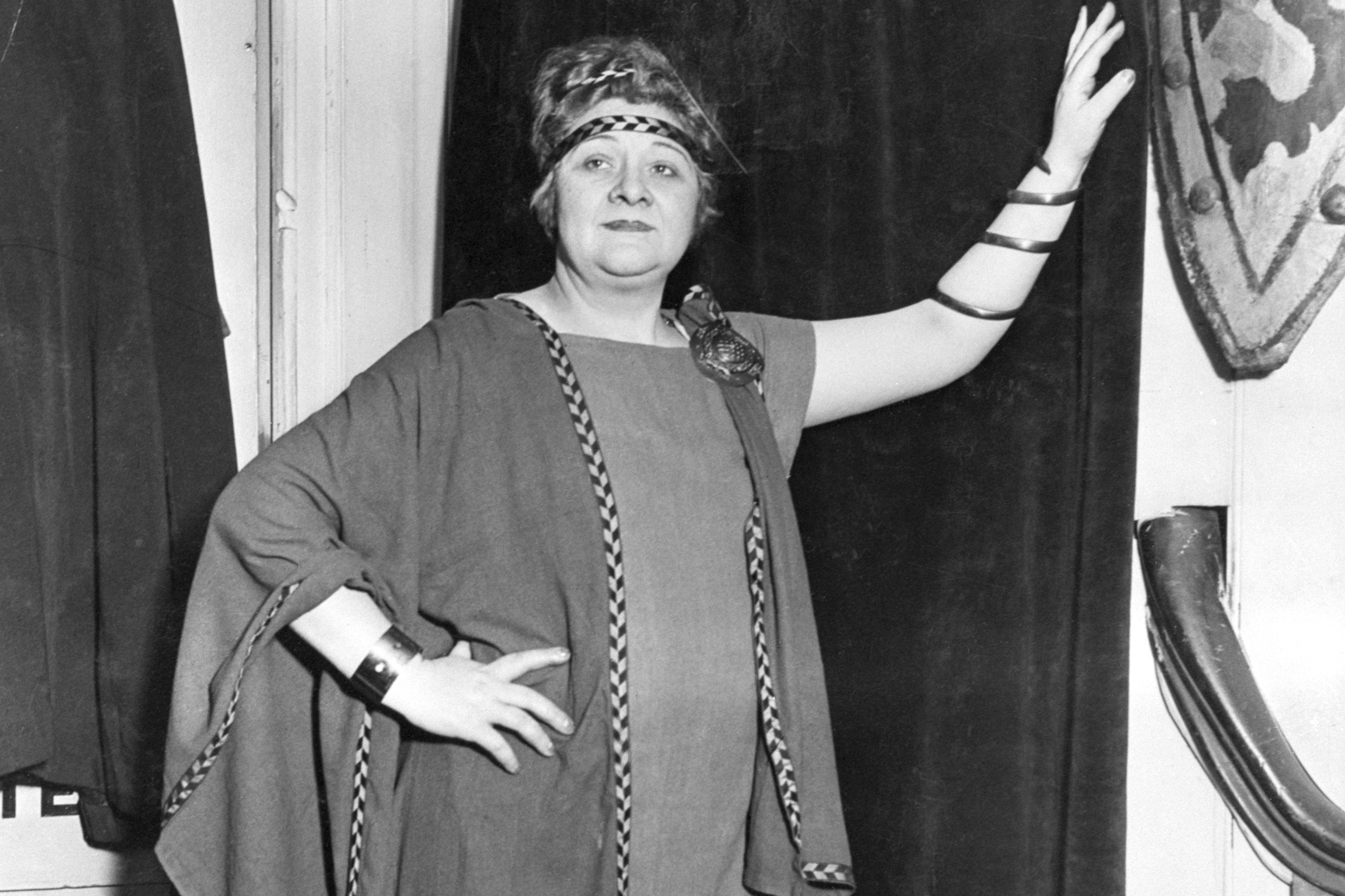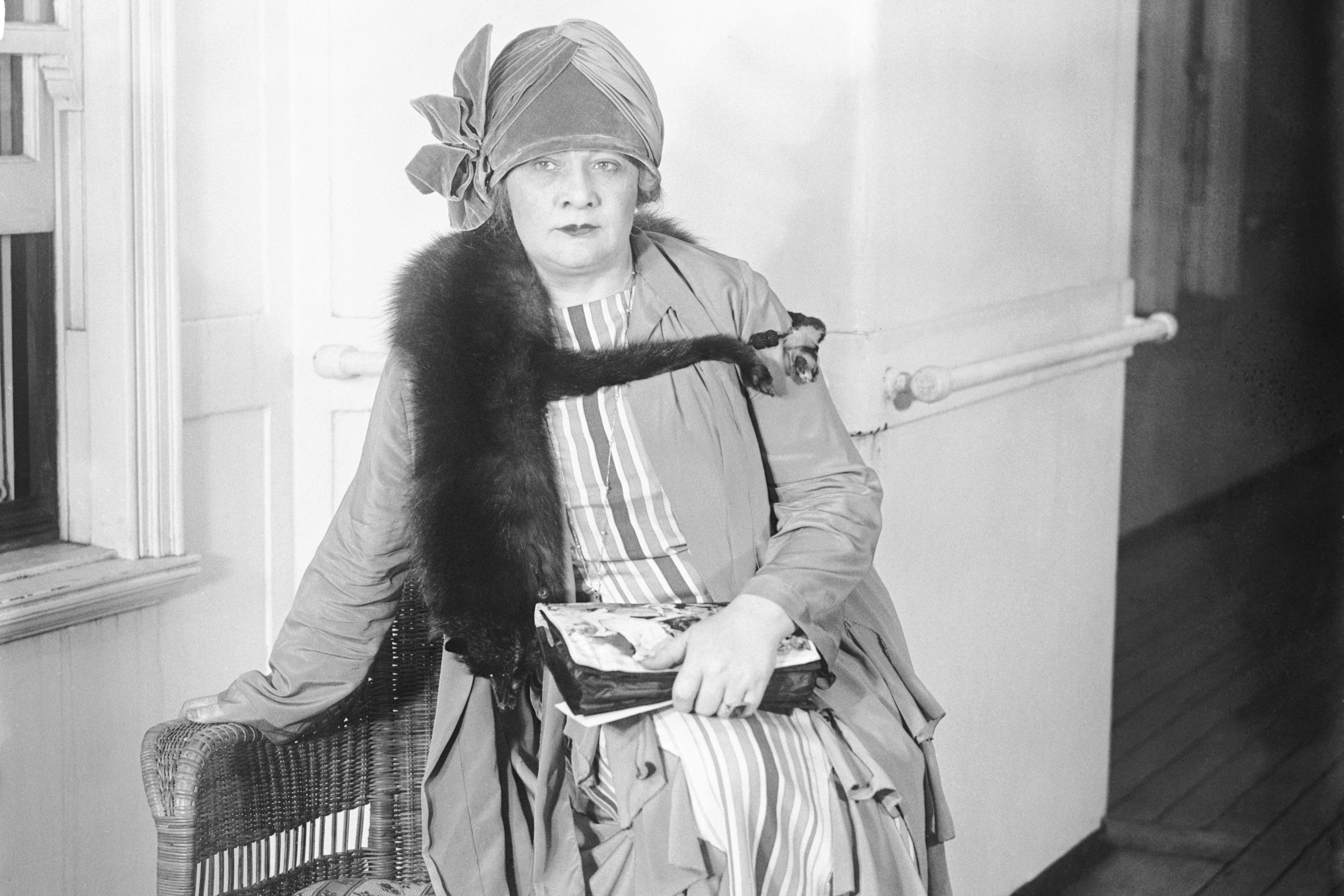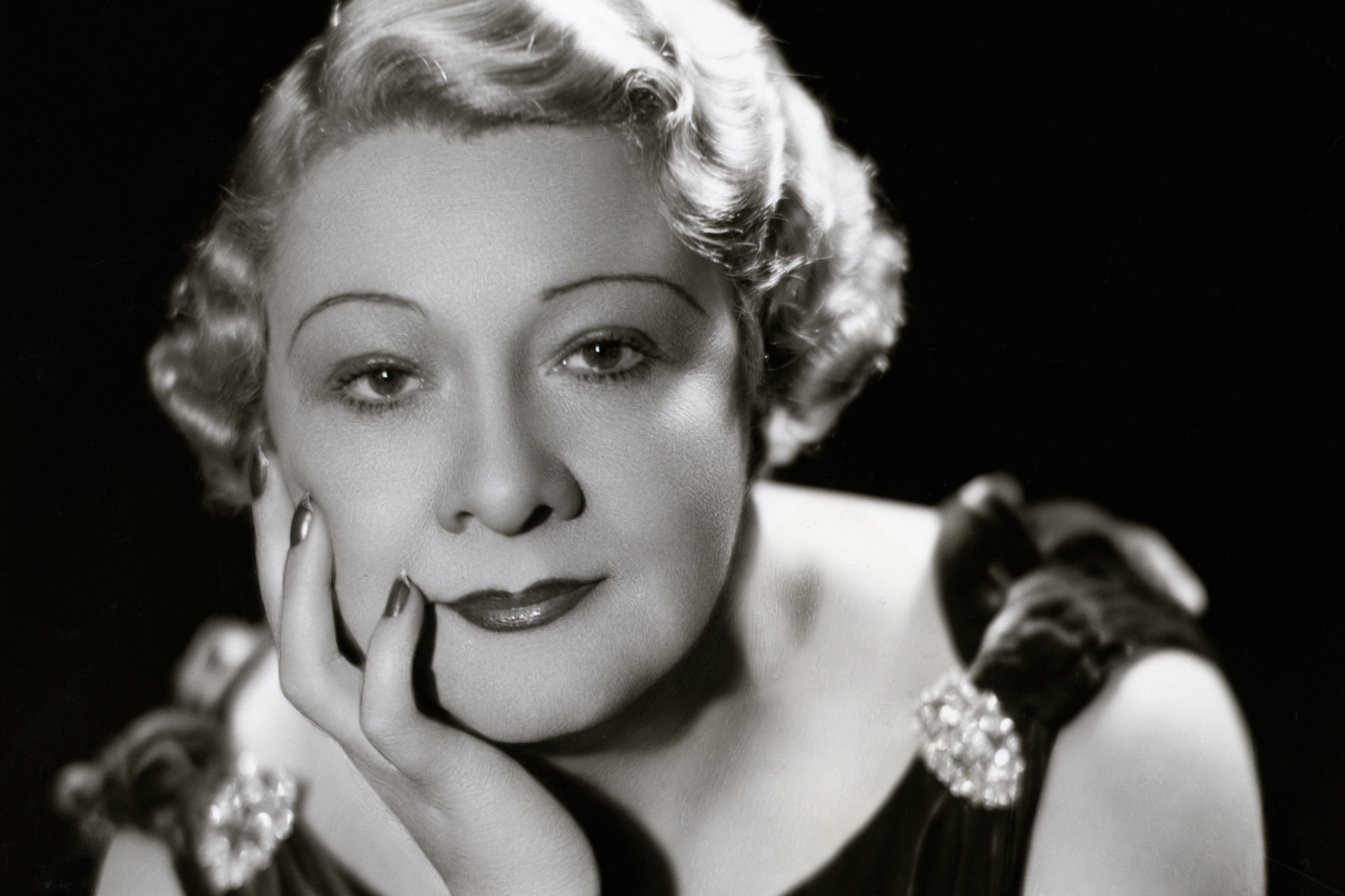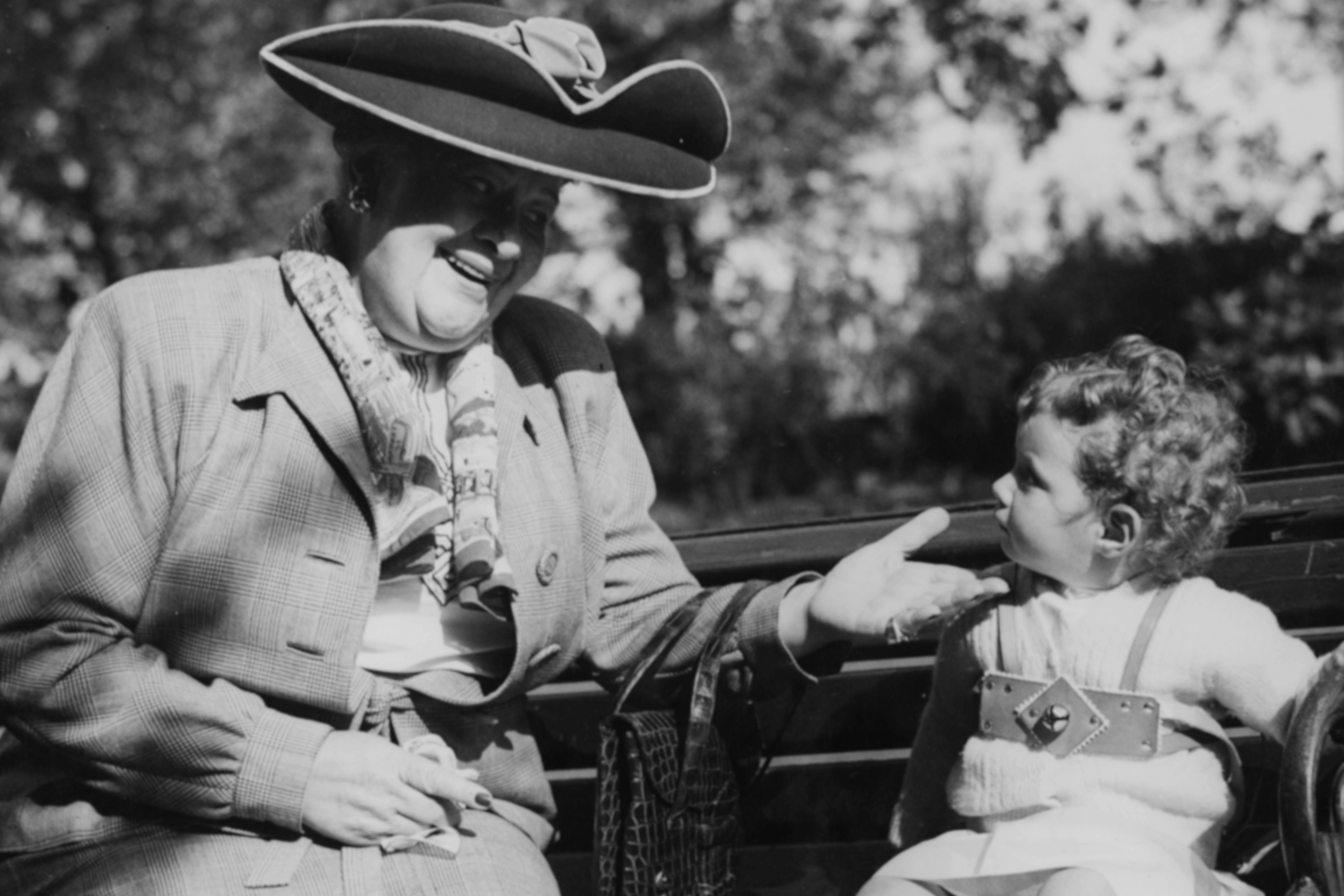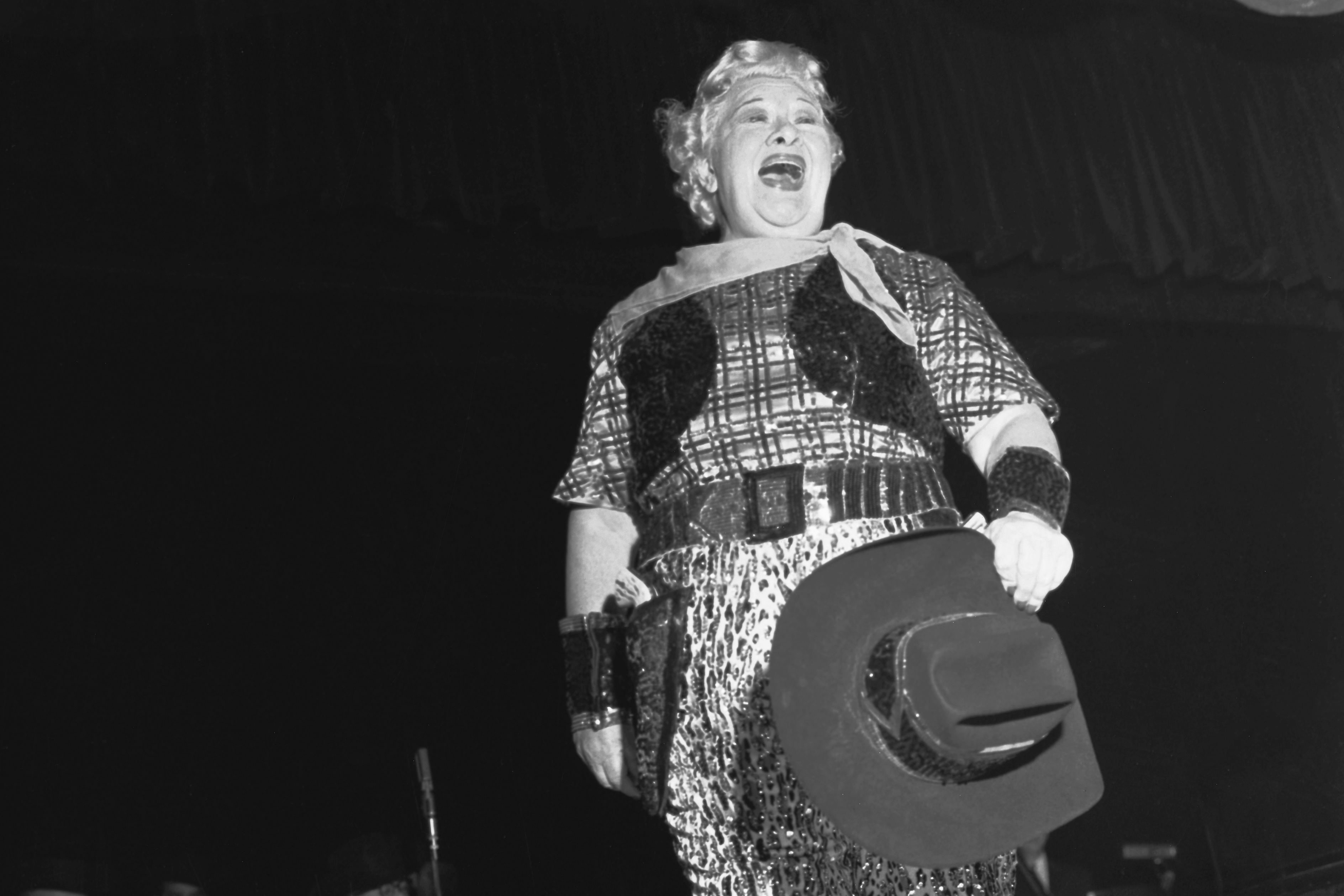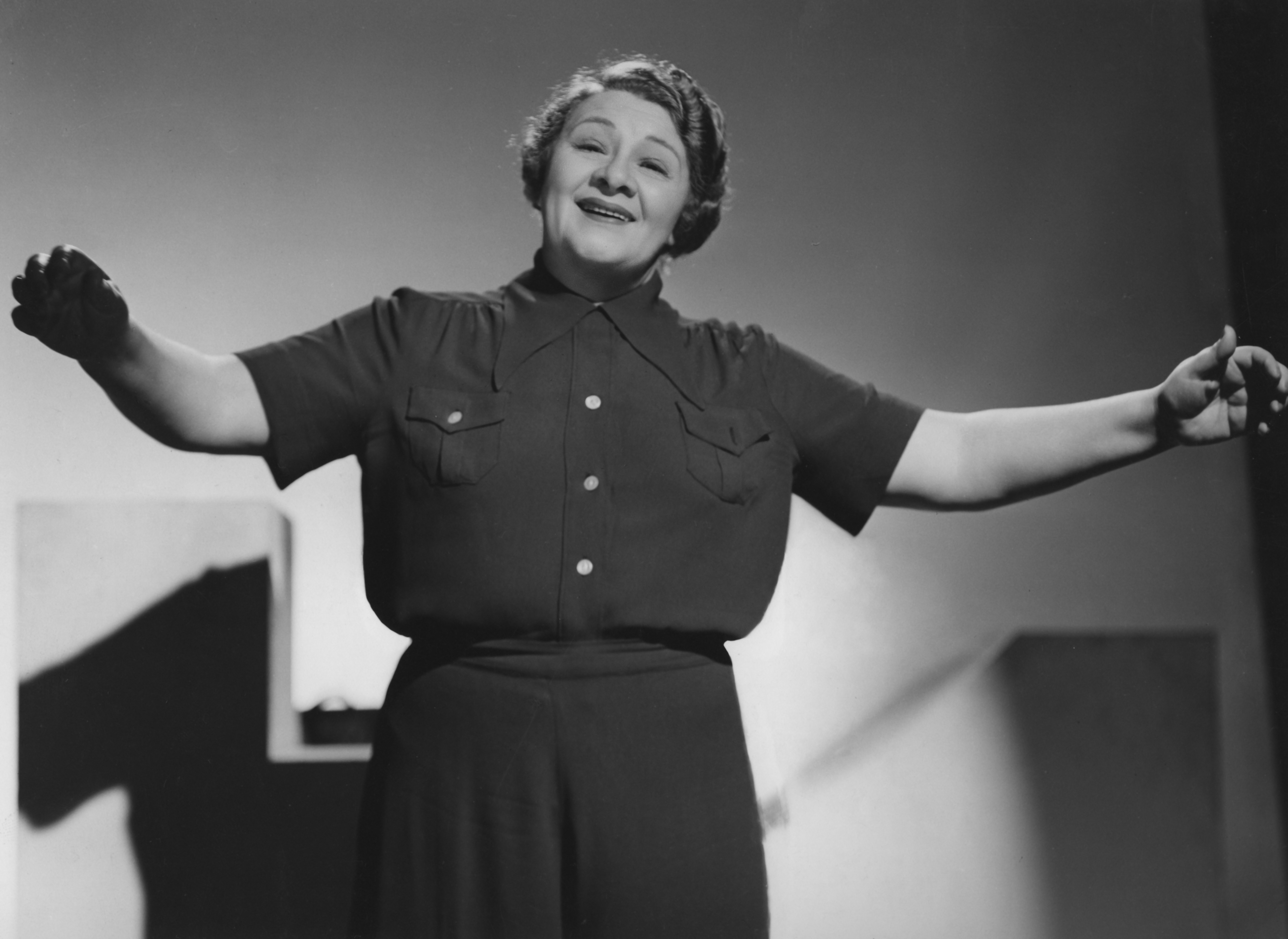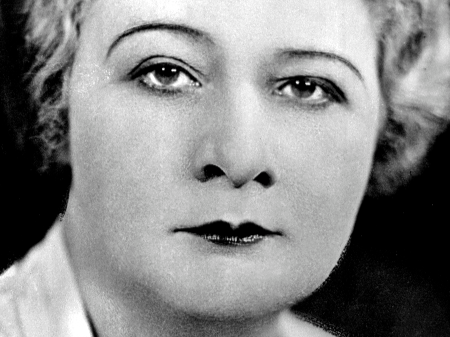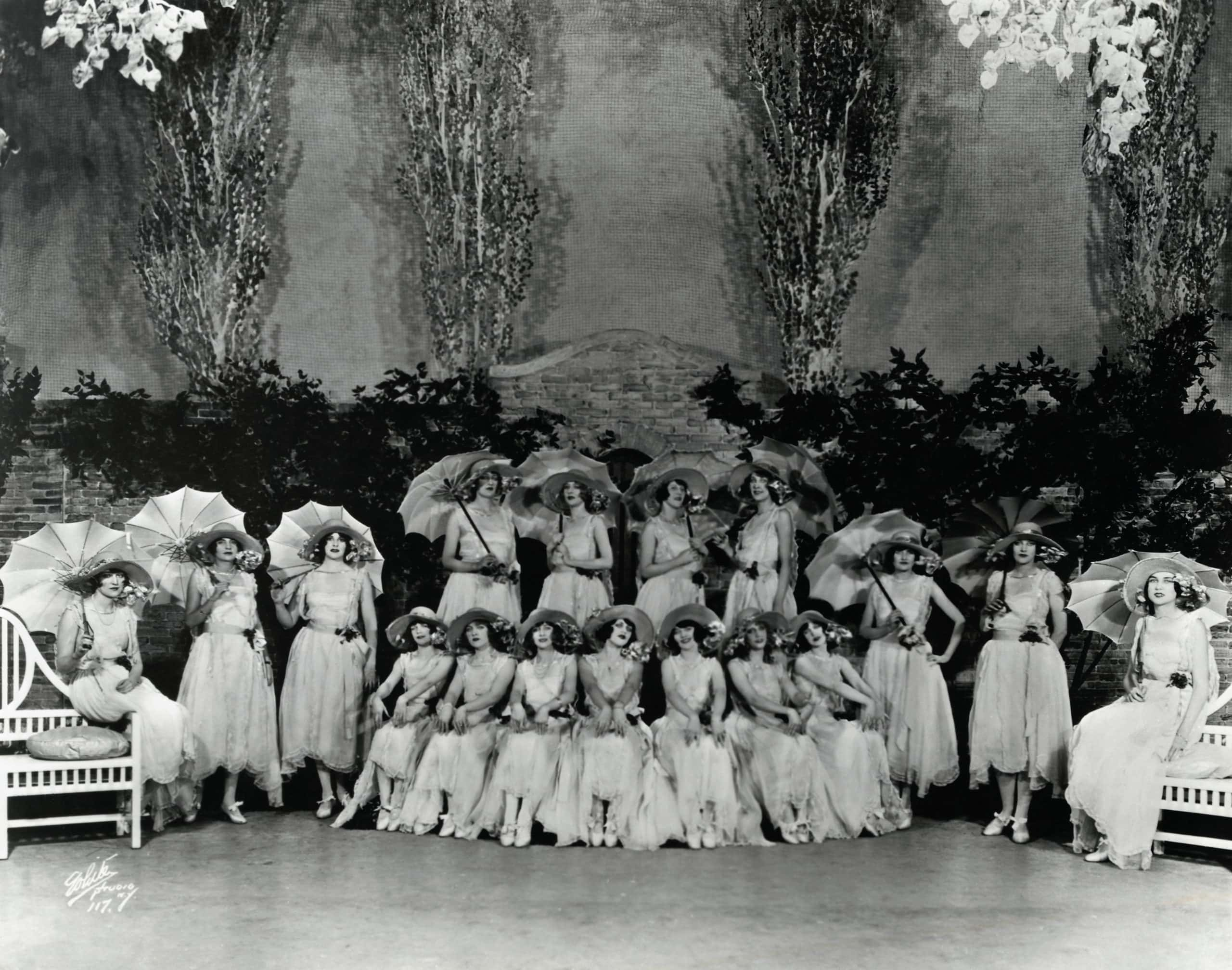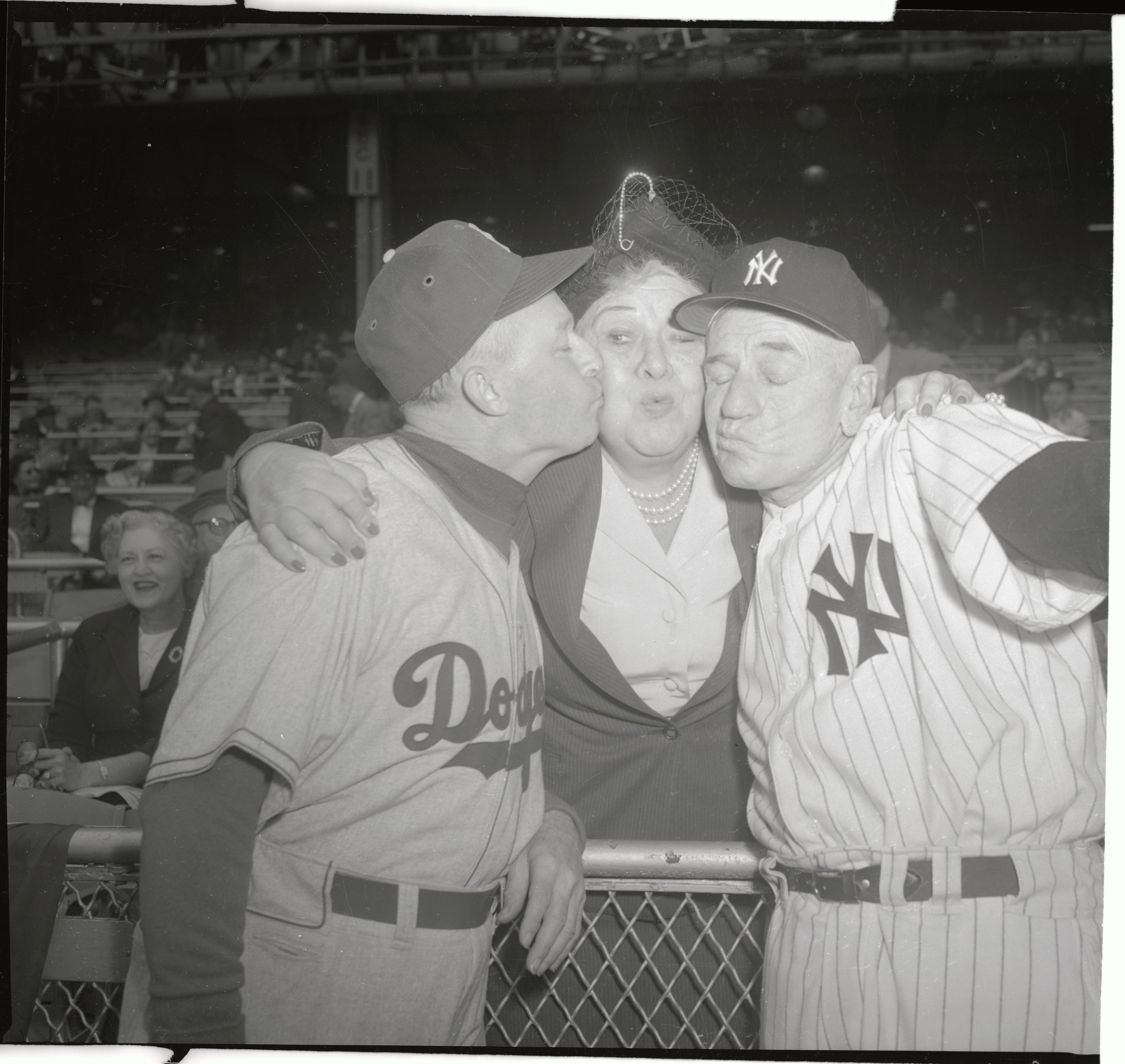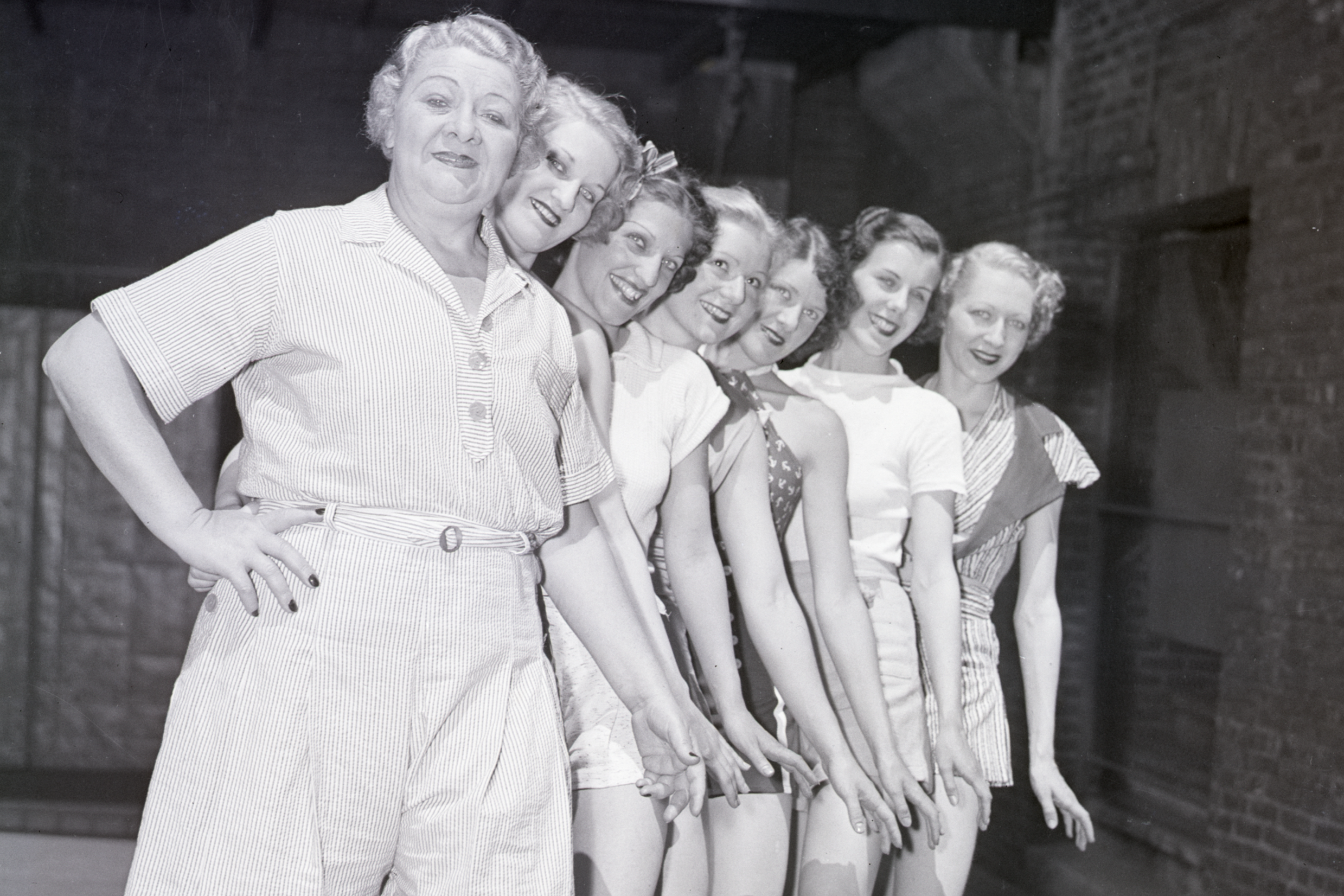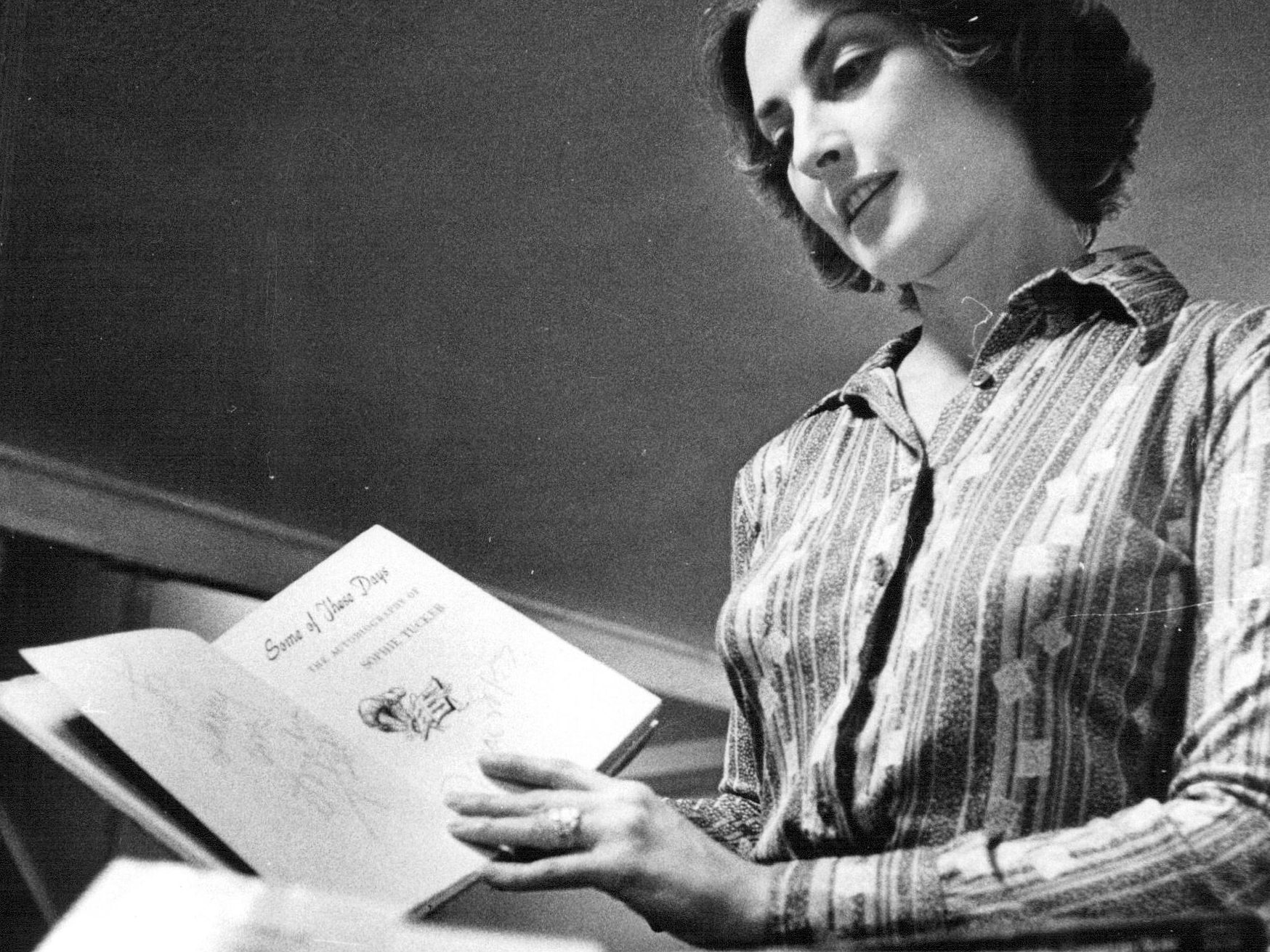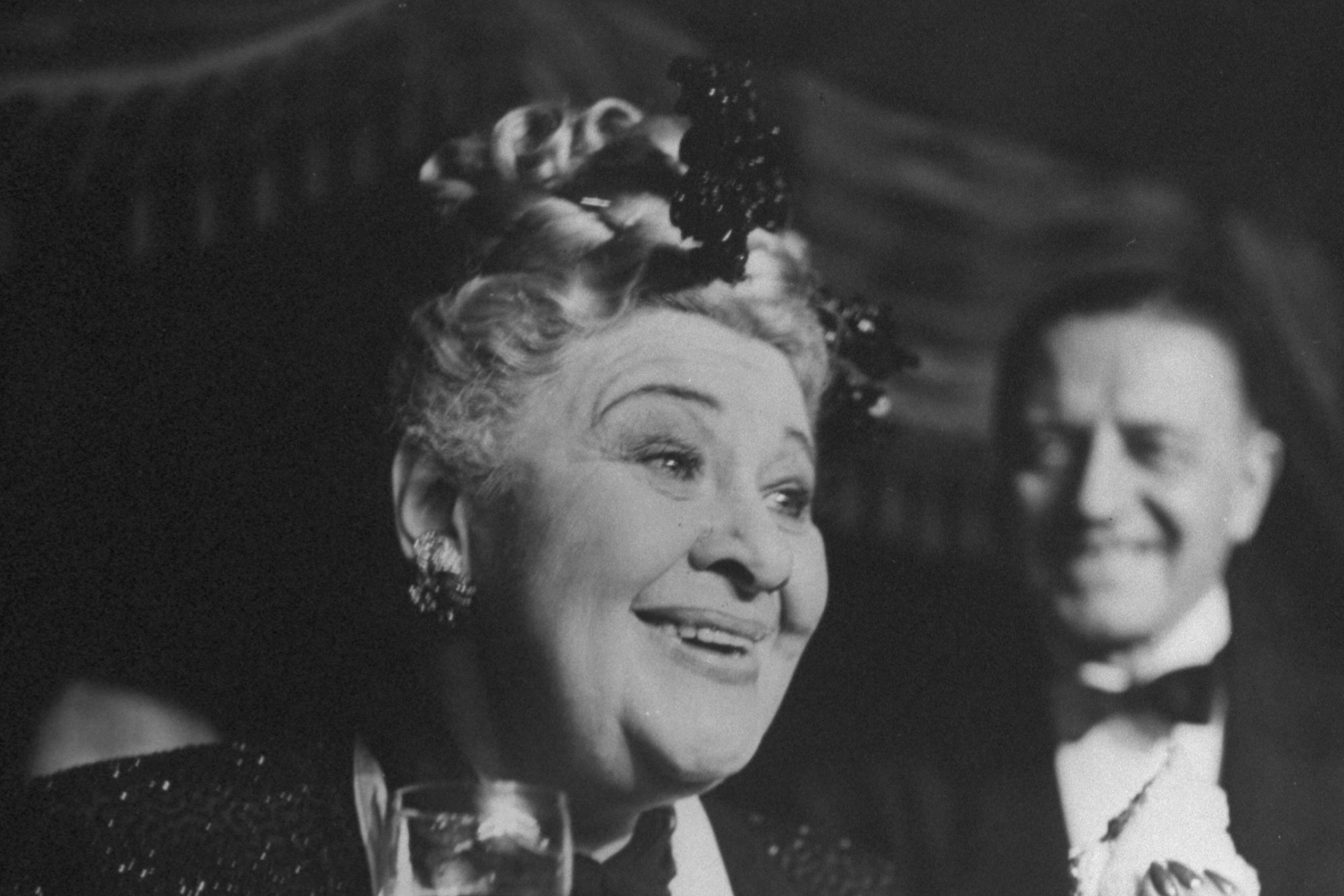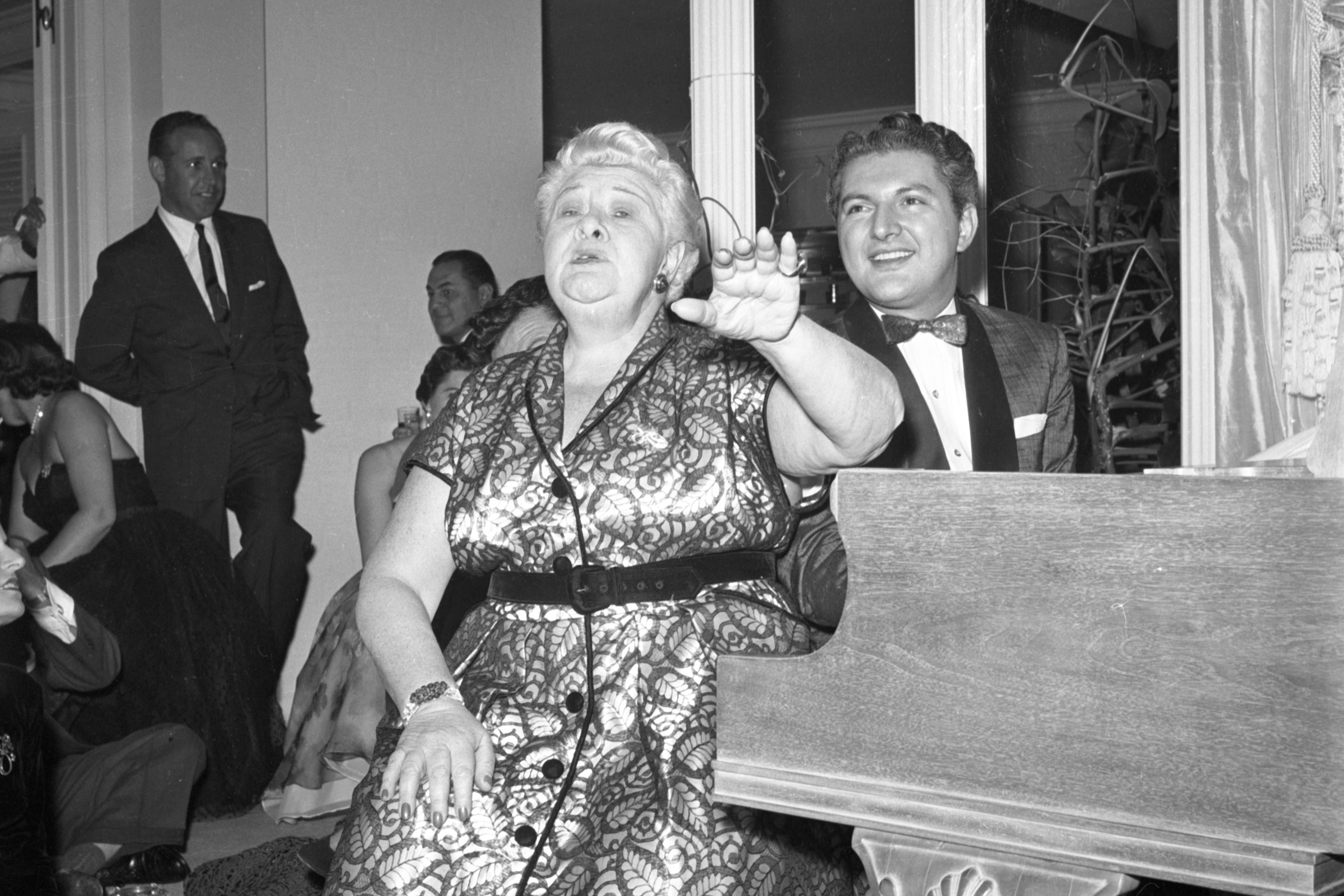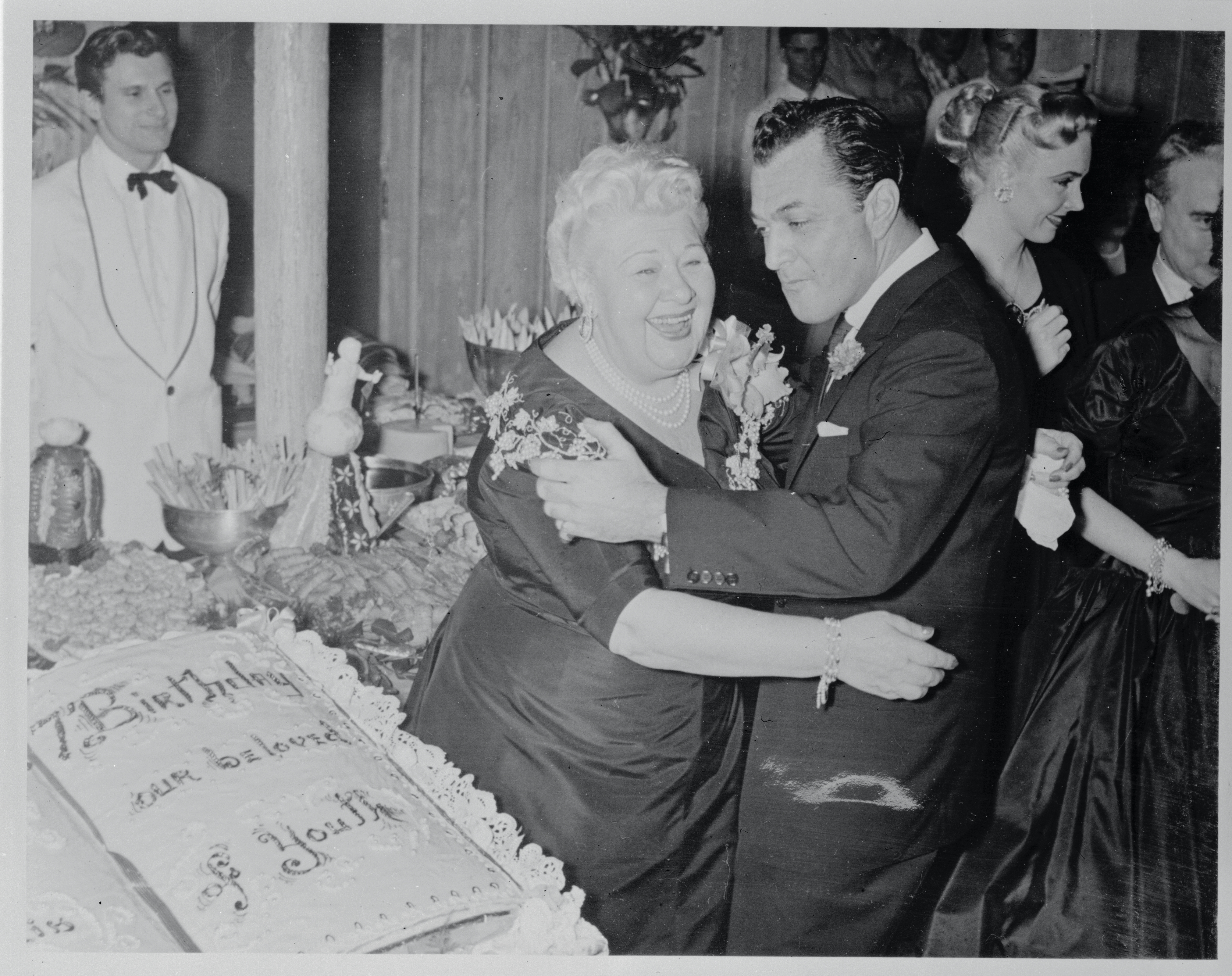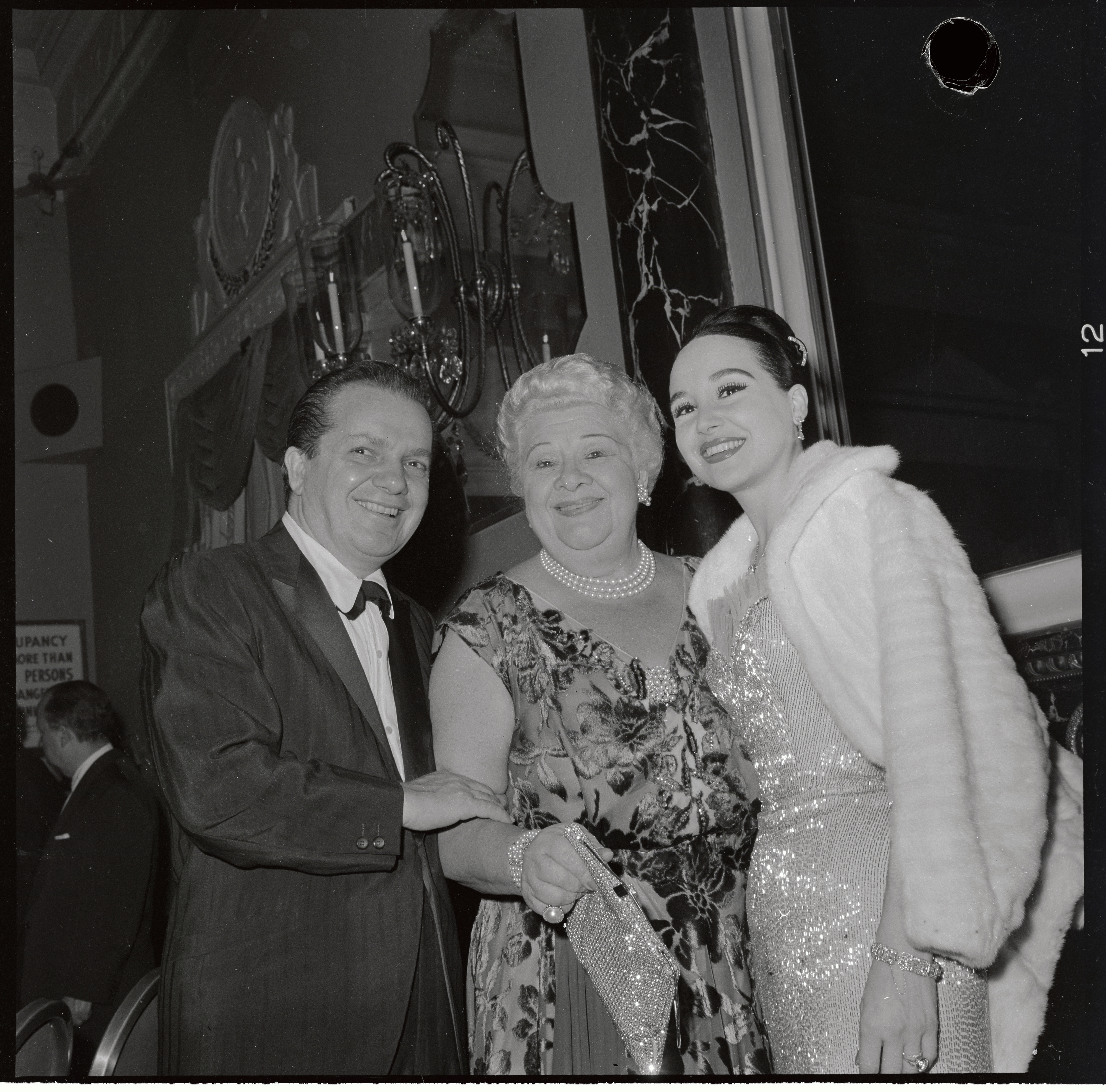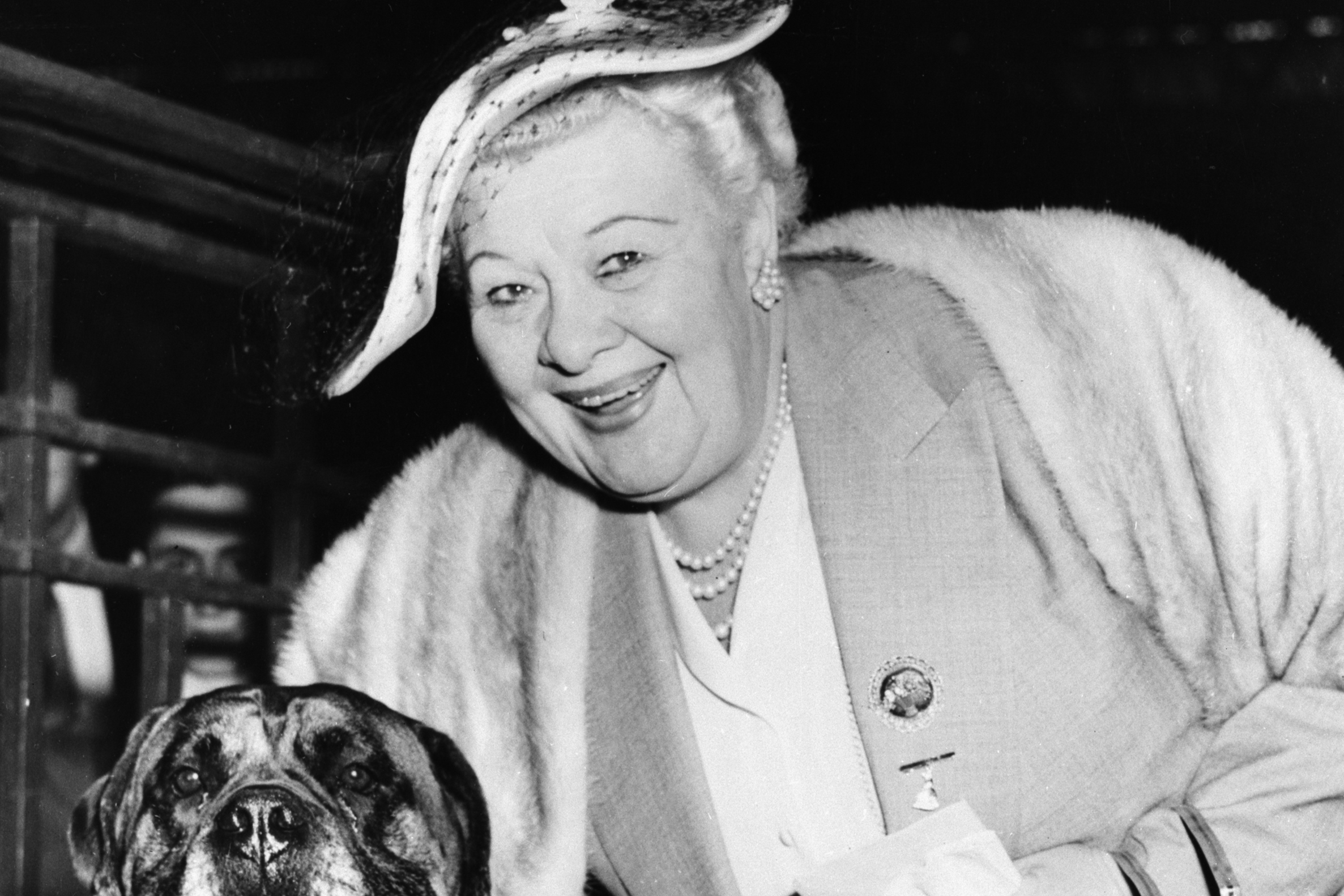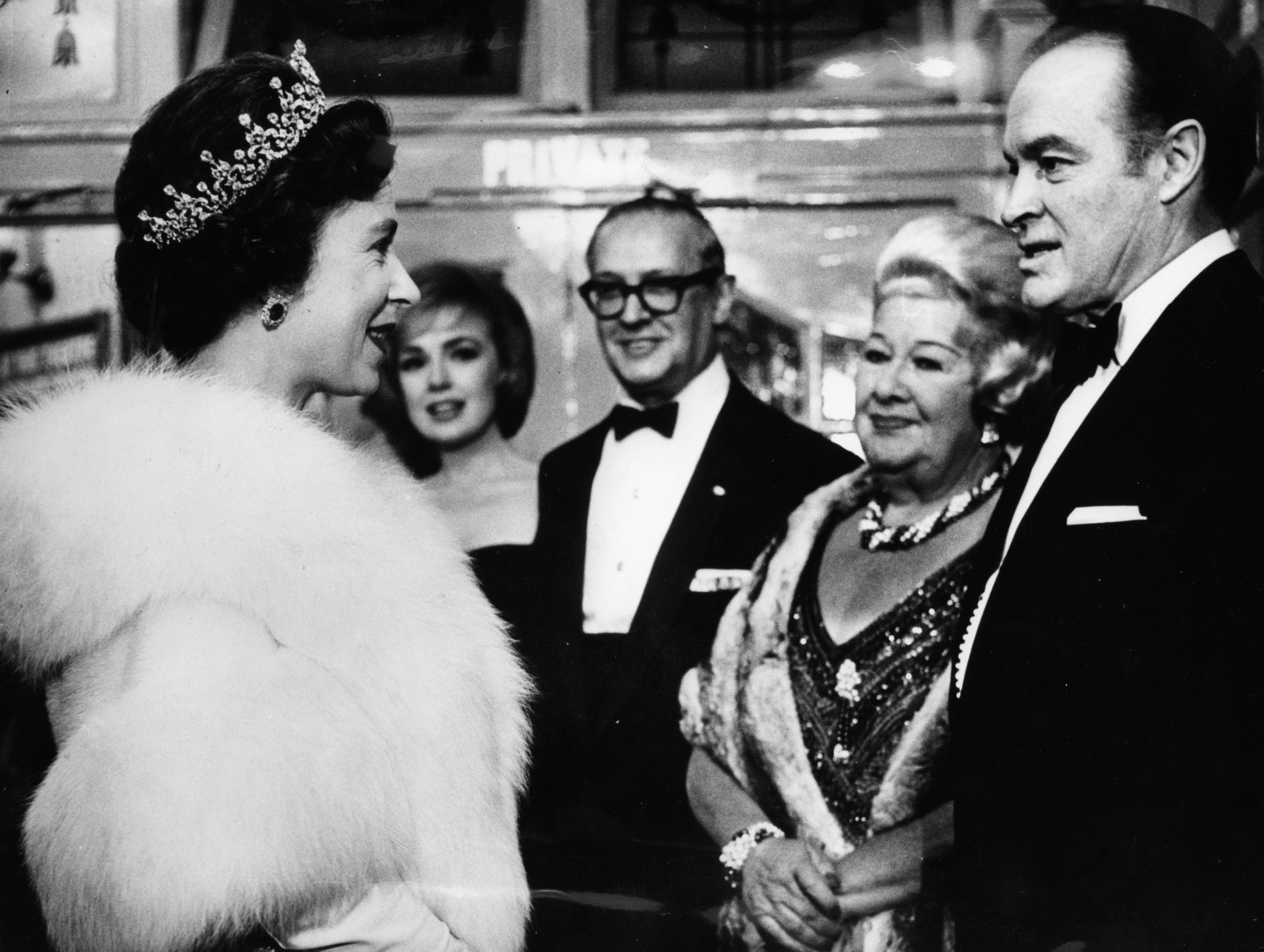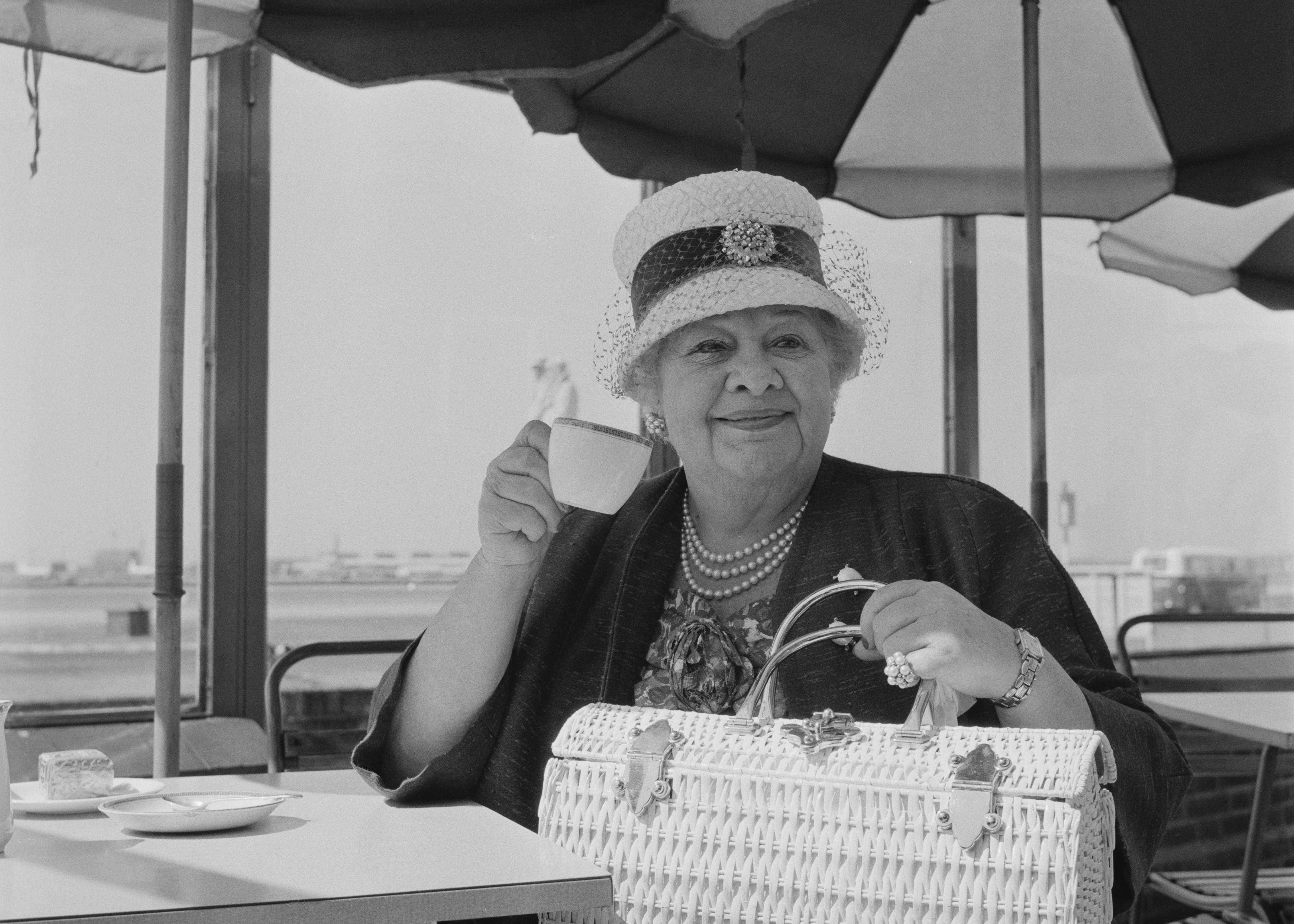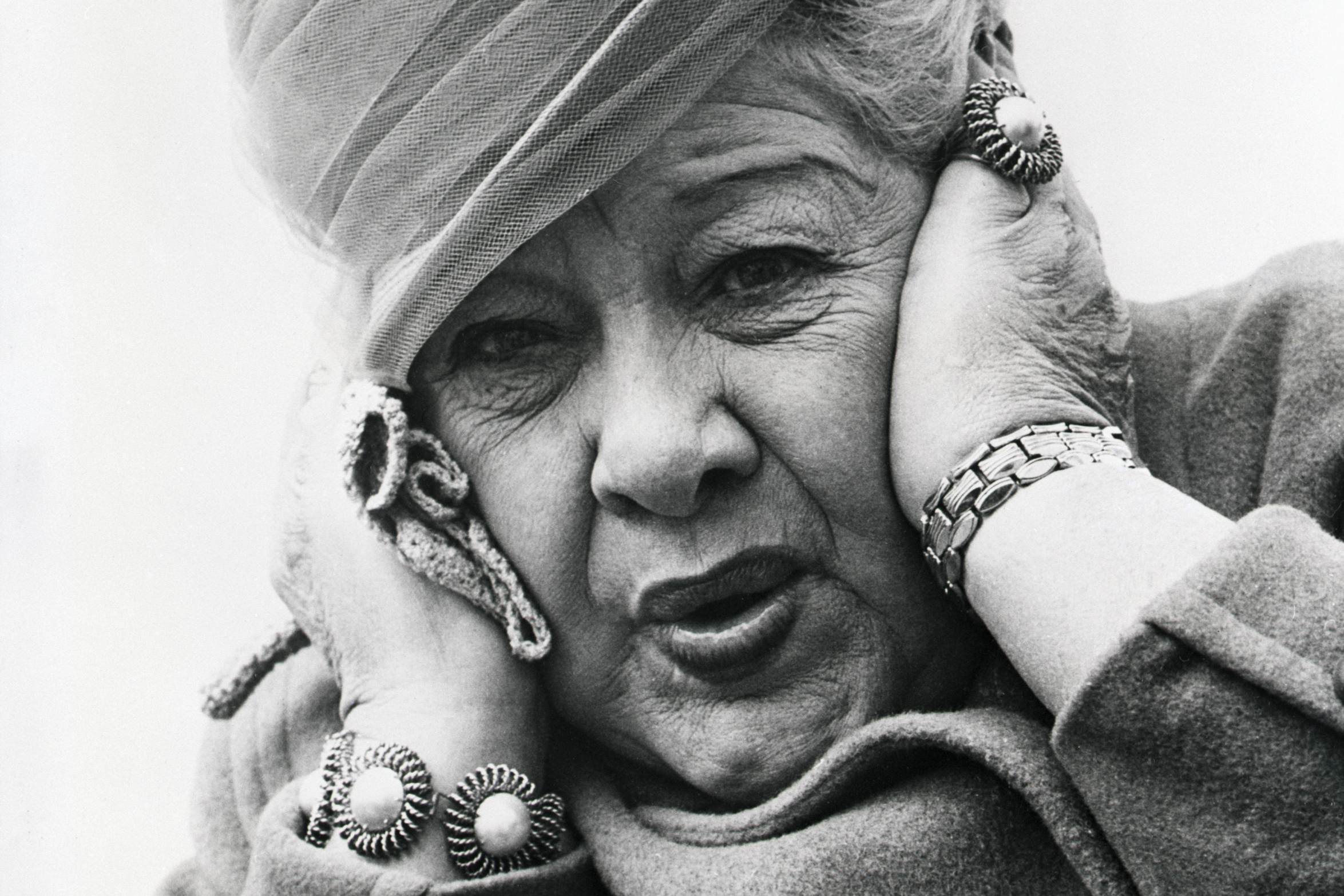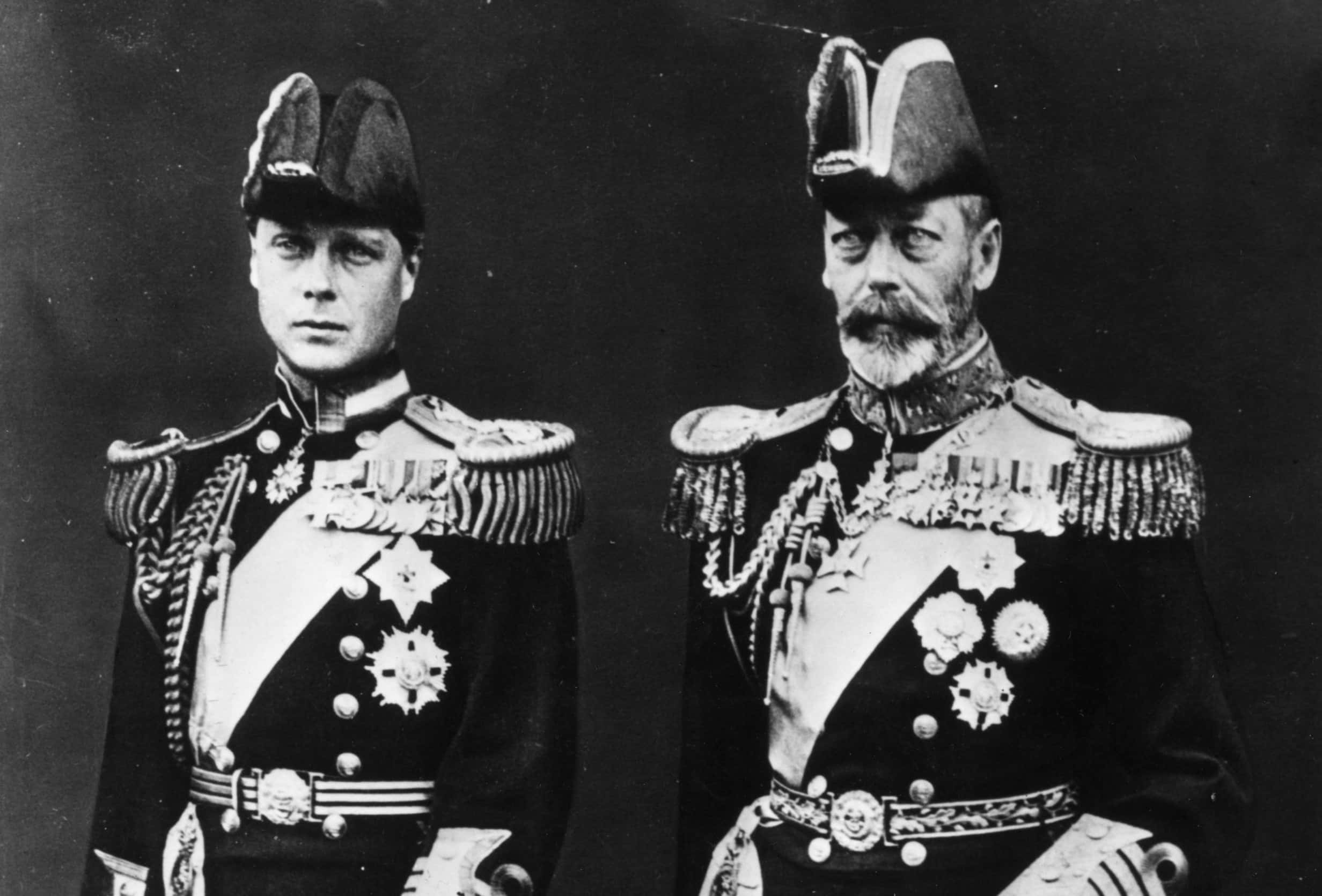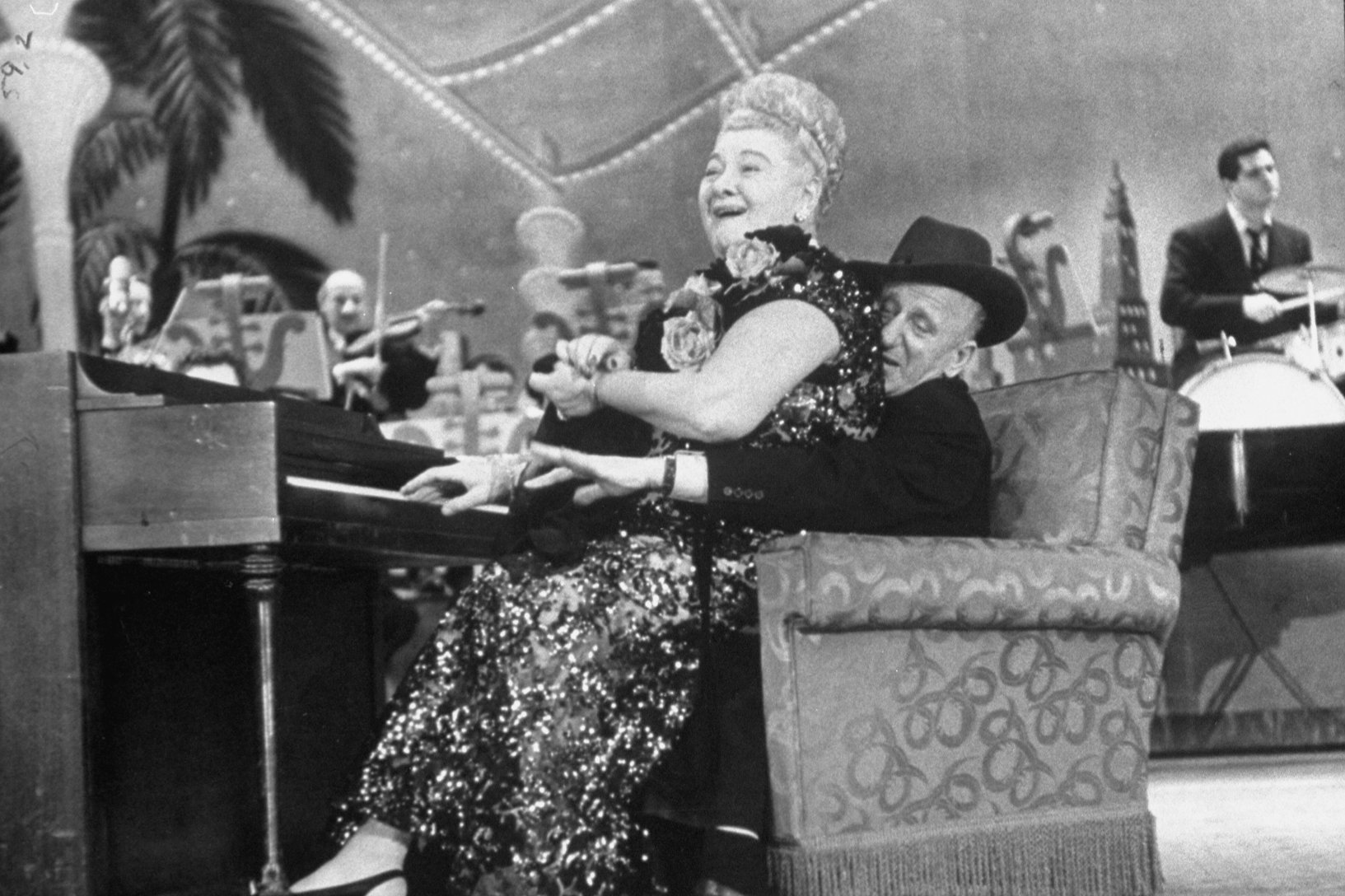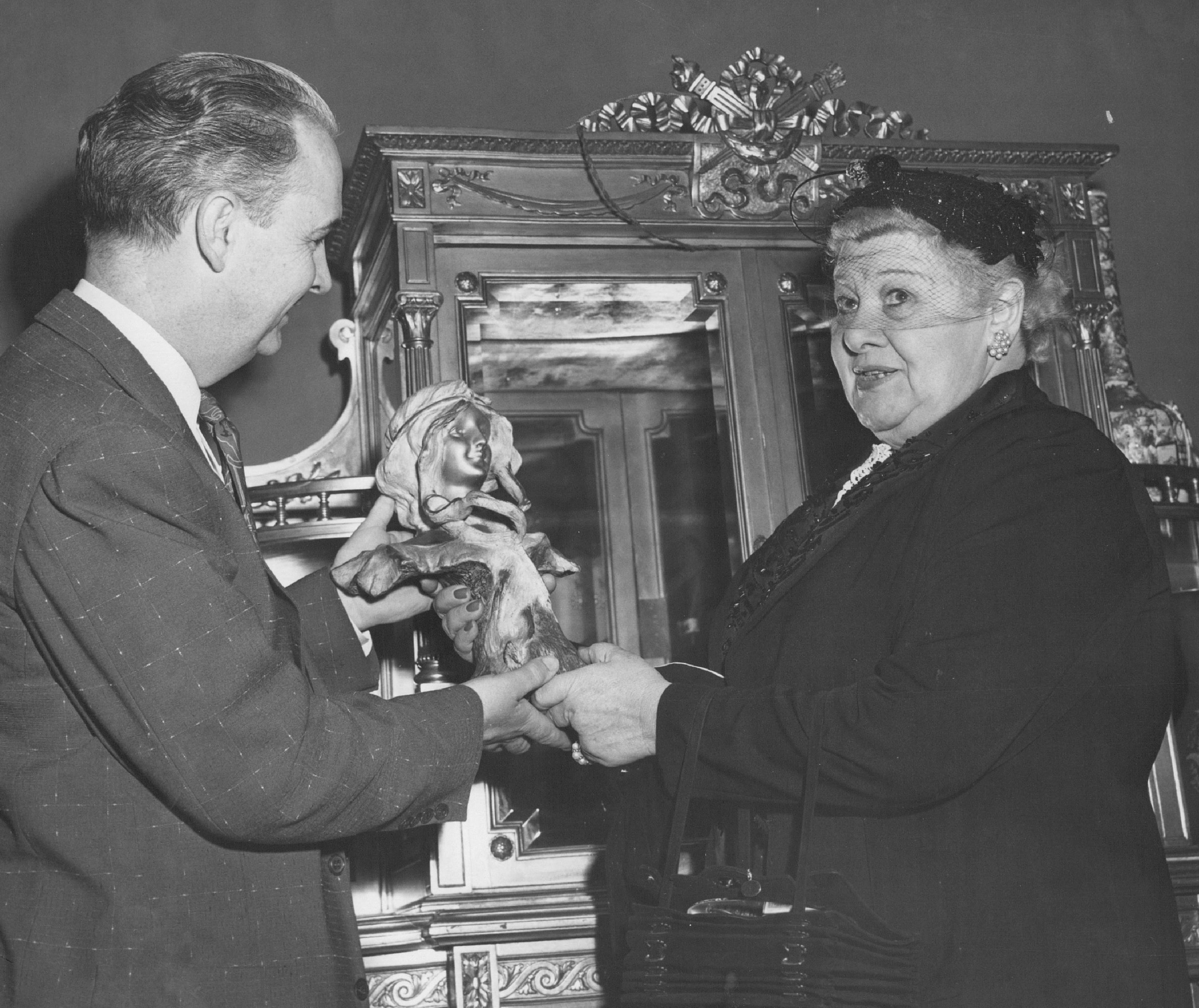Sophie Tucker was a legendary entertainer who left audiences tickled and titillated. Sadly, she was the last of her kind and led a secretly lonely life.
1. Her Life Was Not What It Seemed
For a vaudevillian, Sophie Tucker didn’t have looks or a flawless figure—but she didn’t need them. Her evocative vocals, bawdy humor, and corset-less confidence propelled her into international stardom and made her the “Last of the Red-Hot Mamas”. Tragically, however, Tucker’s real life was full of tragedy.
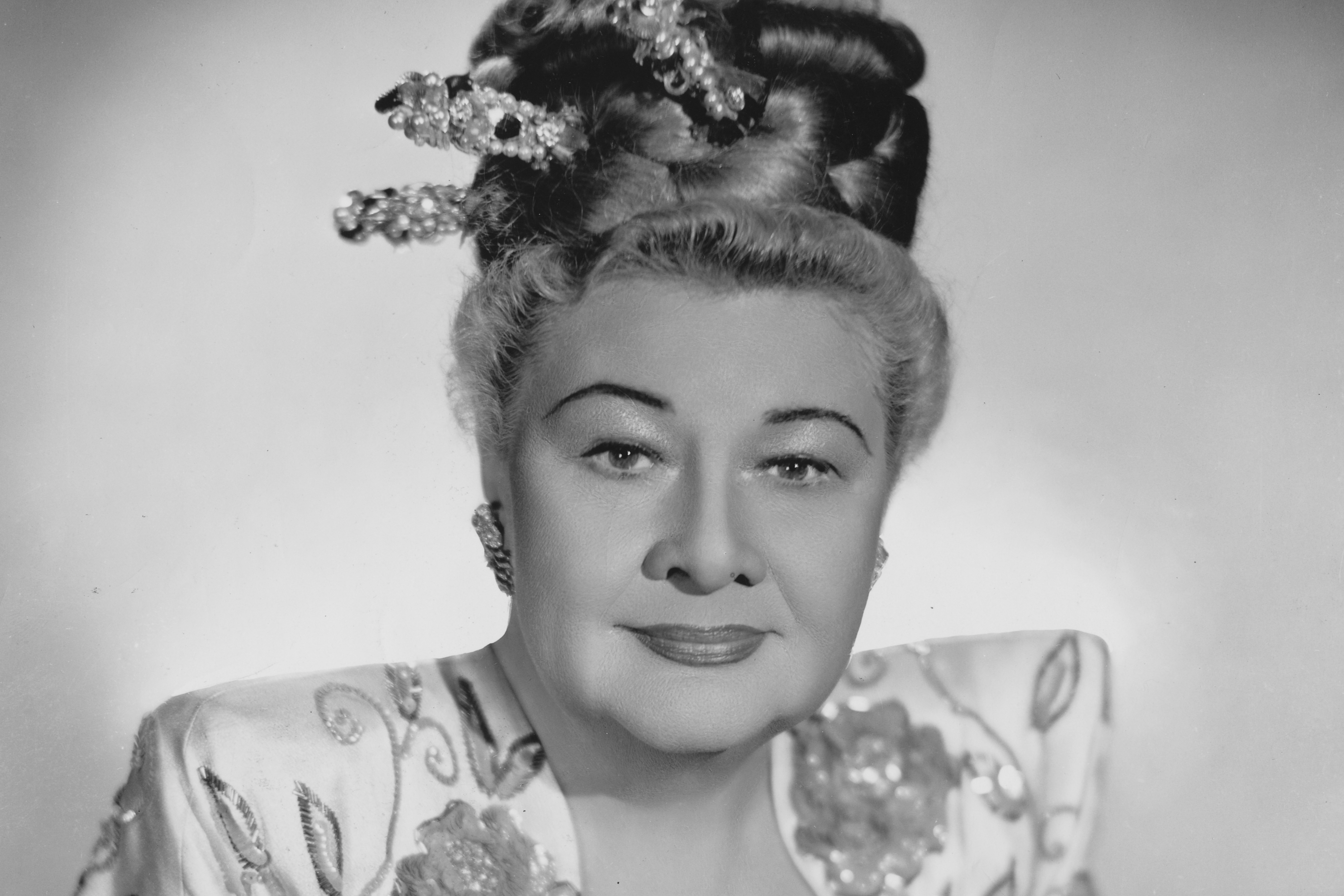 John Springer Collection, Getty Images
John Springer Collection, Getty Images
2. She Was Born On The Run
Sophie Tucker was born Sofia Kalish in 1886 in modern-day Ukraine, then the Russian Empire. From the beginning, her life was dramatic. Shortly after she was born, her family fled in the cover of darkness, arriving in Boston in 1887. But even after traversing half a continent and an ocean, Tucker’s family couldn’t escape their past.
3. Her Father Was A Deserter
Once they arrived in America, Tucker’s family had to undertake more drastic actions to conceal their escape. As it turns out, Tucker’s father had deserted the Imperial Russian Army, likely because of the family’s strong Jewish faith and traditions. They changed their last name to Abuza, hoping that the authorities would lose their trail.
Thankfully, they had a miracle child on their hands.
4. She Saved The Family Business
Tucker’s family moved to Connecticut when she was about eight years old and opened Abuza’s Home Restaurant. In between taking orders, Tucker discovered a hidden talent. She would stand in the doorway, singing to passerby to bring them into the restaurant.
Even at her tender age, she sang with such drama and charisma that it wasn’t clear whether the people were coming for the food or the show. Pretty soon, it wouldn’t matter.
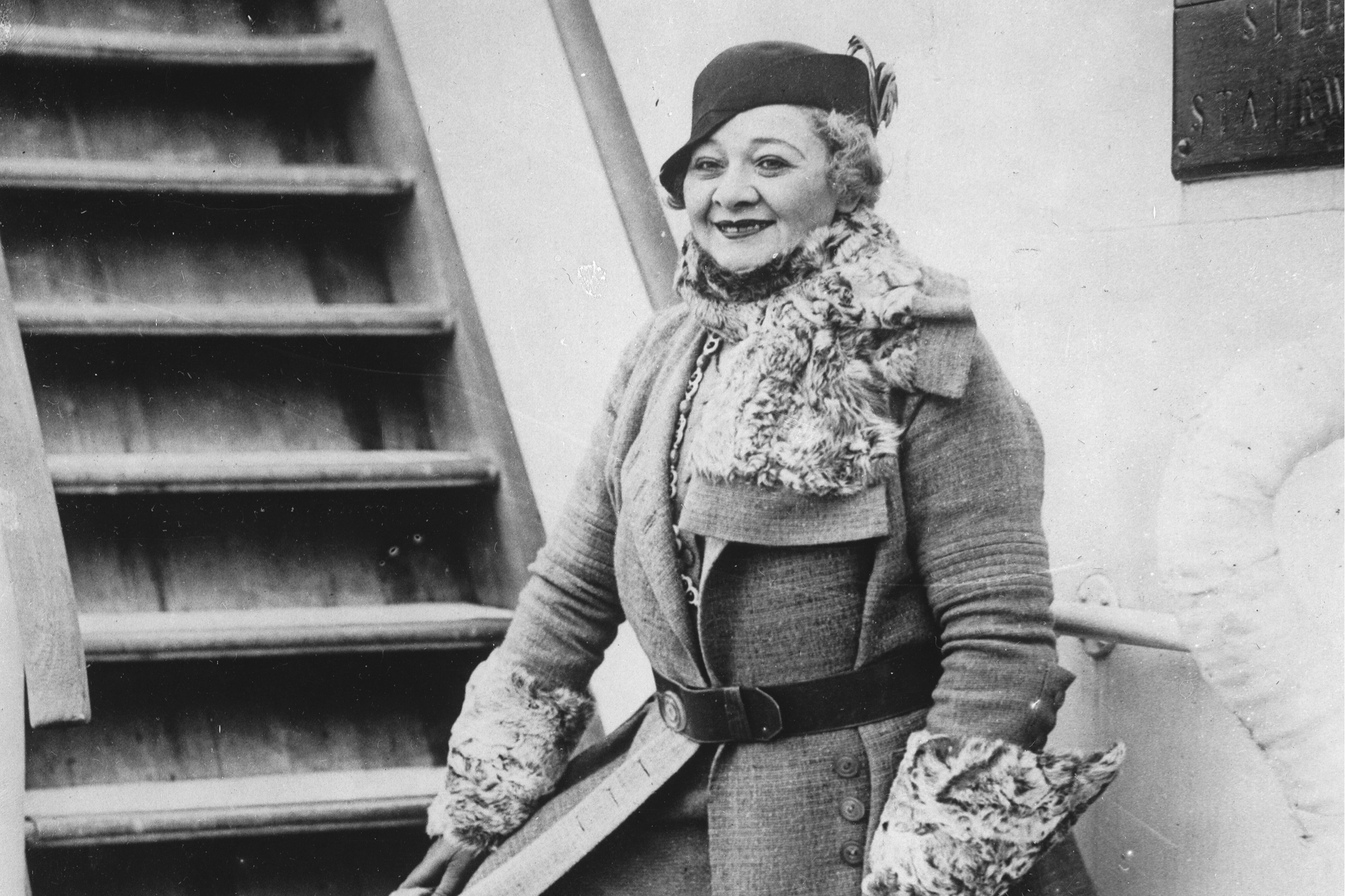 brandstaetter images, Getty Images
brandstaetter images, Getty Images
5. She Brought Everyone To Tears
Tucker’s hidden talent turned her family’s restaurant into one of the liveliest spots in Hartford. Her emotive singing left the restaurant’s patrons, as well as her inartistic family, absolutely stunned. As she once quipped, “between me and the onions, there wasn't a dry eye in the place”. With the tips rolling in, Tucker got a clever idea.
6. She Was A Crowd Favorite
It didn’t take long for Tucker to see her potential as an entertainer. But she would need a bigger stage than the floor of her family’s restaurant. With a head full of dollar signs and a heart full of dreams, the curvy girl entered amateur singing competitions. In no time, she became an audience favorite, with crowds shouting, “Give us the fat girl!”
Unfortunately, someone wanted her all to themselves.
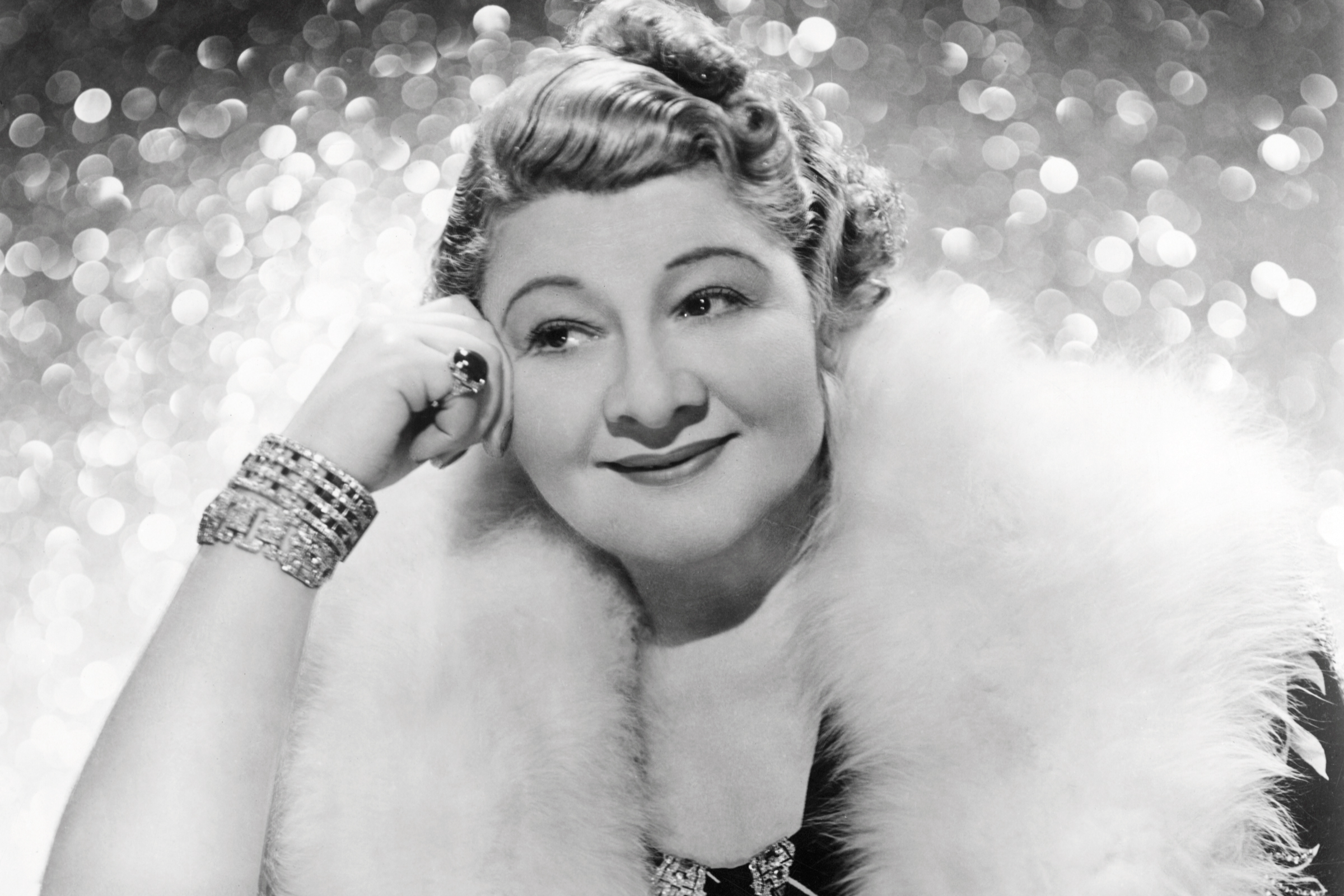 Silver Screen Collection, Getty Images
Silver Screen Collection, Getty Images
7. She Married In Secret
Tucker’s first taste of stardom had been electrifying, but a silly teenage decision derailed her burgeoning career. Around 1903, at the tender age of 16, Tucker eloped with a cart driver named Louis Tuck. It’s not entirely clear what, beyond puppy love, prompted the rash decision, but she couldn’t keep her marriage secret for long.
8. Her Parents Gave Her An Ultimatum
As soon as she returned home, Tucker’s parents took her rash decision and made it official. Despite their likely disapproval of their teen daughter marrying a man with few prospects, they arranged an Orthodox marriage ceremony for the pair. If the lovebirds couldn't be wise, Sophie's parents insisted they be respectable.
But another surprise was in store.
9. She Made A Discovery
Being a teen bride wasn't the only twist in Sophie's young life. Soon after getting married to Louis Tuck, Sophie discovered she was pregnant with her first and only child. She had the boy, Albert, in 1905, when she was still barely out of her own childhood years. The strain began to show immediately.

History's most fascinating stories and darkest secrets, delivered to your inbox daily.
10. She Hated Being A Mother
In the end, what should have been the beginning of a quiet family life for Sophie turned into a nightmare of her own making. Louis Tuck did indeed have no prospects, and grinding poverty as well as her own mind-numbing boredom of her family life drove Sophie nearly mad.
It was time to do something drastic once again. This time, there would be no turning back.
11. She Abandoned Her Family
Before long, Sophie came to a life-altering realization. She didn't want a child, and she didn't want to be a wife. No, what she wanted was to be a famous entertainer. She stopped at nothing to achieve these dreams: Soon after having Albert, Sophie abandoned her husband and left her son in her family's care.
Then, she headed to New York...and a new kind of nightmare.
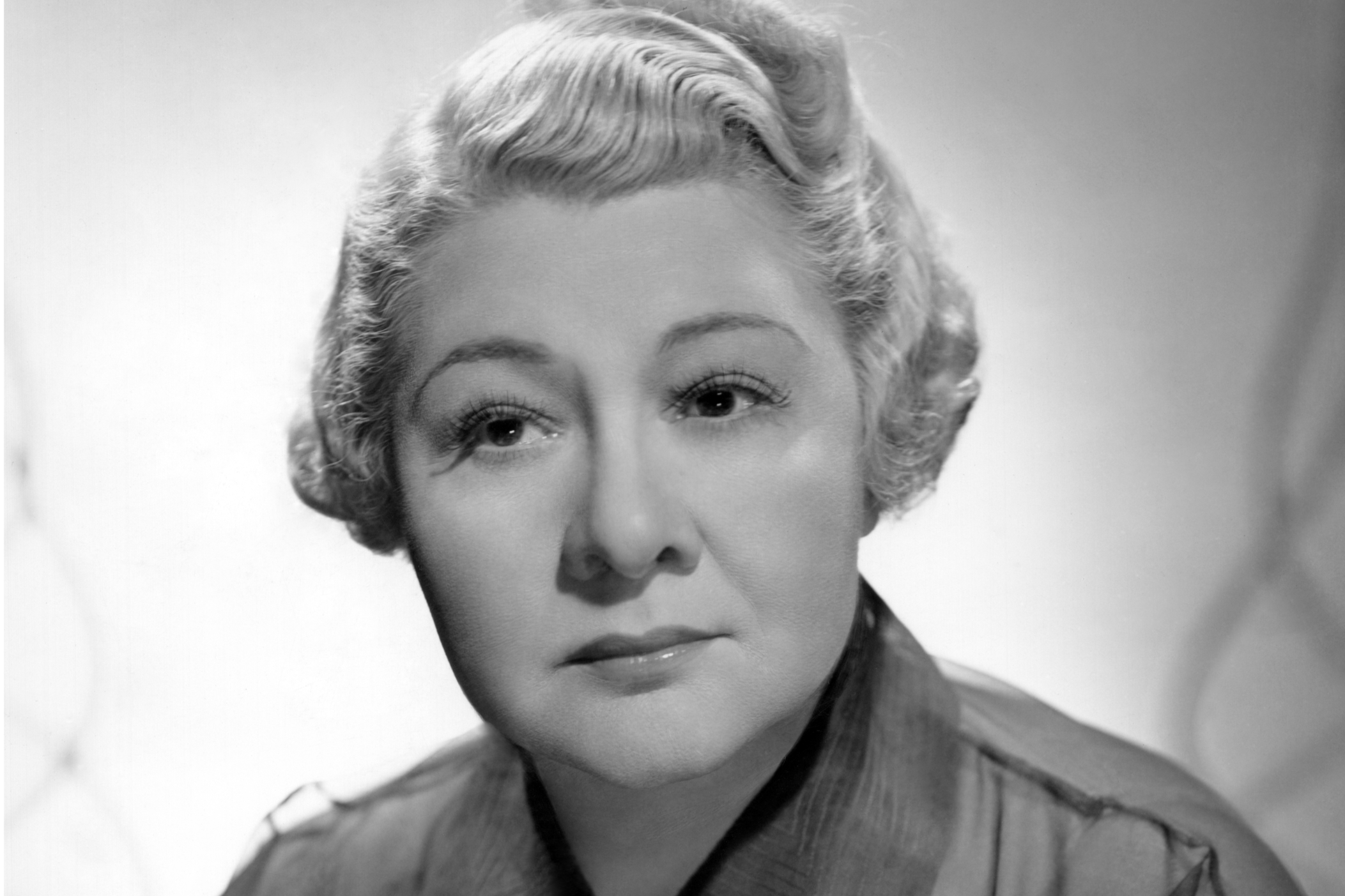 De Carvalho Collection, Getty Images
De Carvalho Collection, Getty Images
12. She Struggled To Find Work
Sophie landed in New York with a letter of recommendation from well-known vaudeville performer Willie Howard. She was in for a rude awakening. The letter got her almost nowhere, as many establishments were wary of Sophie's inexperience as well as her bigger size.
She found herself in almost the same position as she had in her family's restaurant, singing in cafes and beer gardens for food and tips. There was an even more heartbreaking side to this, too.
13. She Didn't Forget
Although Tucker had up and left Connecticut and her young family, she hadn't forgotten her loved ones back home. Even on her meager makings from these gigs, she continually sent most of what she made back home to her young son.
When she did find steady work, it came with a cruel twist.
14. They Didn't Believe In Her
Tucker made her proper stage debut in 1907 at an amateur night, and began to finally get attention for her act. However, one promoter was worried that audiences would find her too “big and ugly". So he came up with a disturbing plan to make her appearance more "palatable".
15. She Took Up Horrible Work
The manager thought that Tucker could cover up her ugliness with a little face paint. He offered Tucker a regular spot in his troupe—if she agreed to perform in blackface. Running out of money and opportunities, Tucker reluctantly agreed to take the gig. She quickly regretted it.
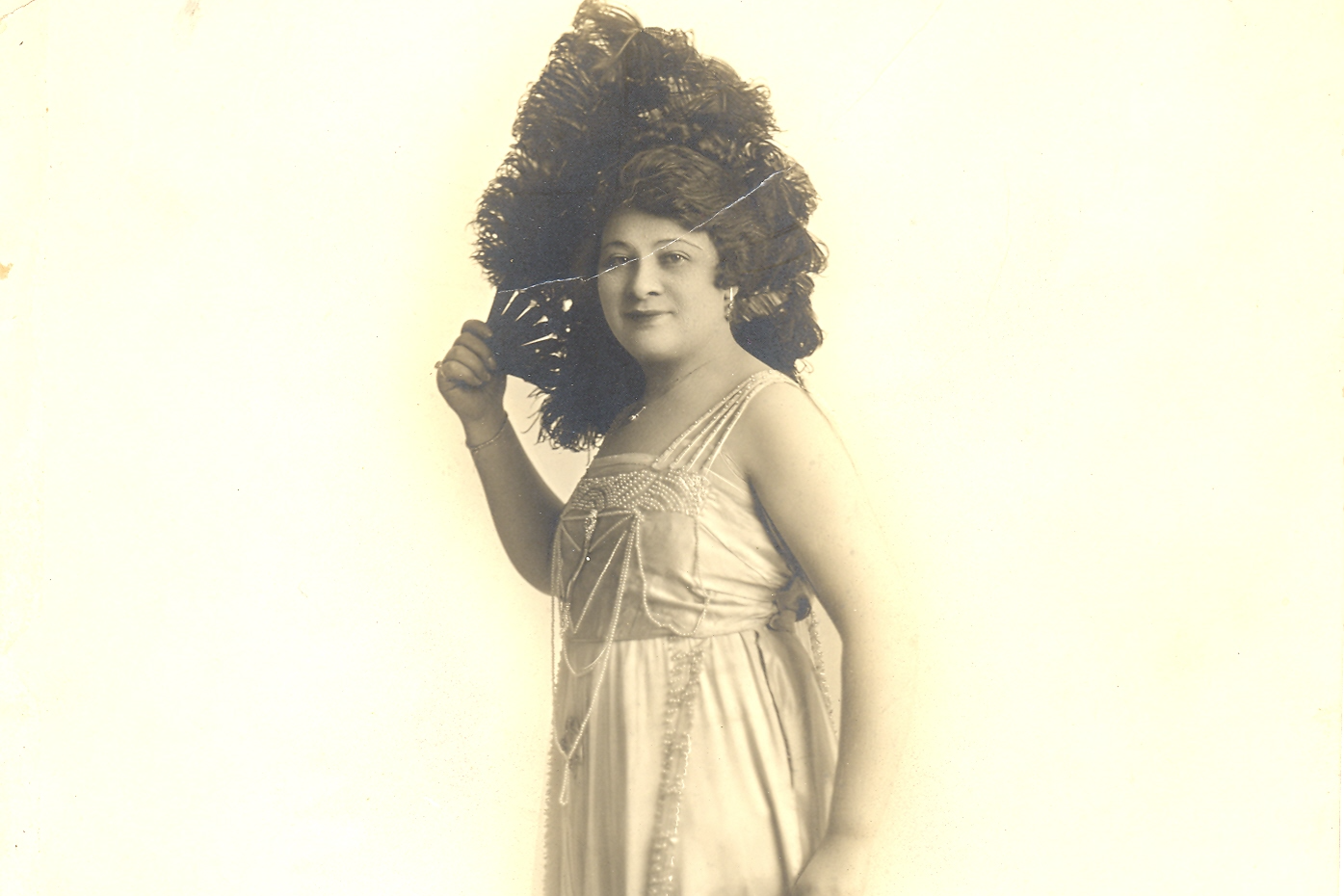 Unknown author, Wikimedia Commons
Unknown author, Wikimedia Commons
16. She Was Ashamed Of Herself
Tucker’s new gig paid her regularly, but it came at a great cost to her personally. Even though she developed a reputation as a first-rate performer in the burnt cork, she hated it. When she toured in Connecticut, mere miles away from her home, she didn’t tell her family so they couldn't see her shame.
After years of this, she finally got her revenge.
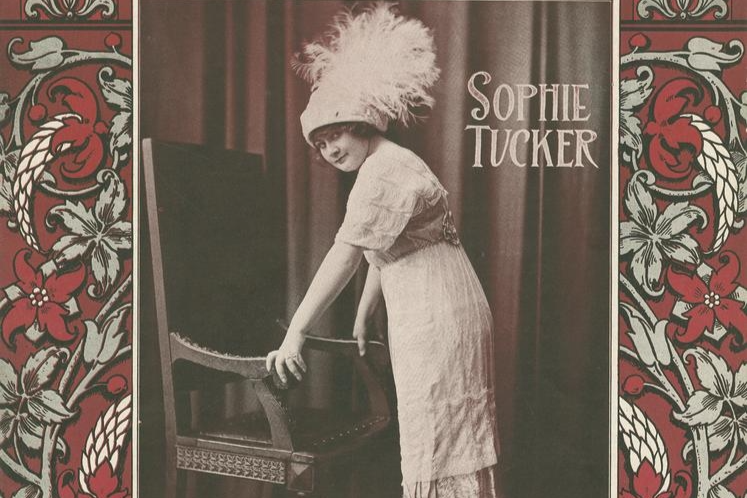 State Library of Queensland, Australia, Wikimedia Commons
State Library of Queensland, Australia, Wikimedia Commons
17. She Revealed Her True Herself
Eventually, Tucker couldn’t take it anymore. Her plan was genius. She developed a bit that left audiences in hysterics and exposed the whole farce for what it was. During her performances, she would slowly remove a glove, revealing her white hand. Then she would rip off her wig, revealing her blonde hair.
The gambit worked better than she had expected.
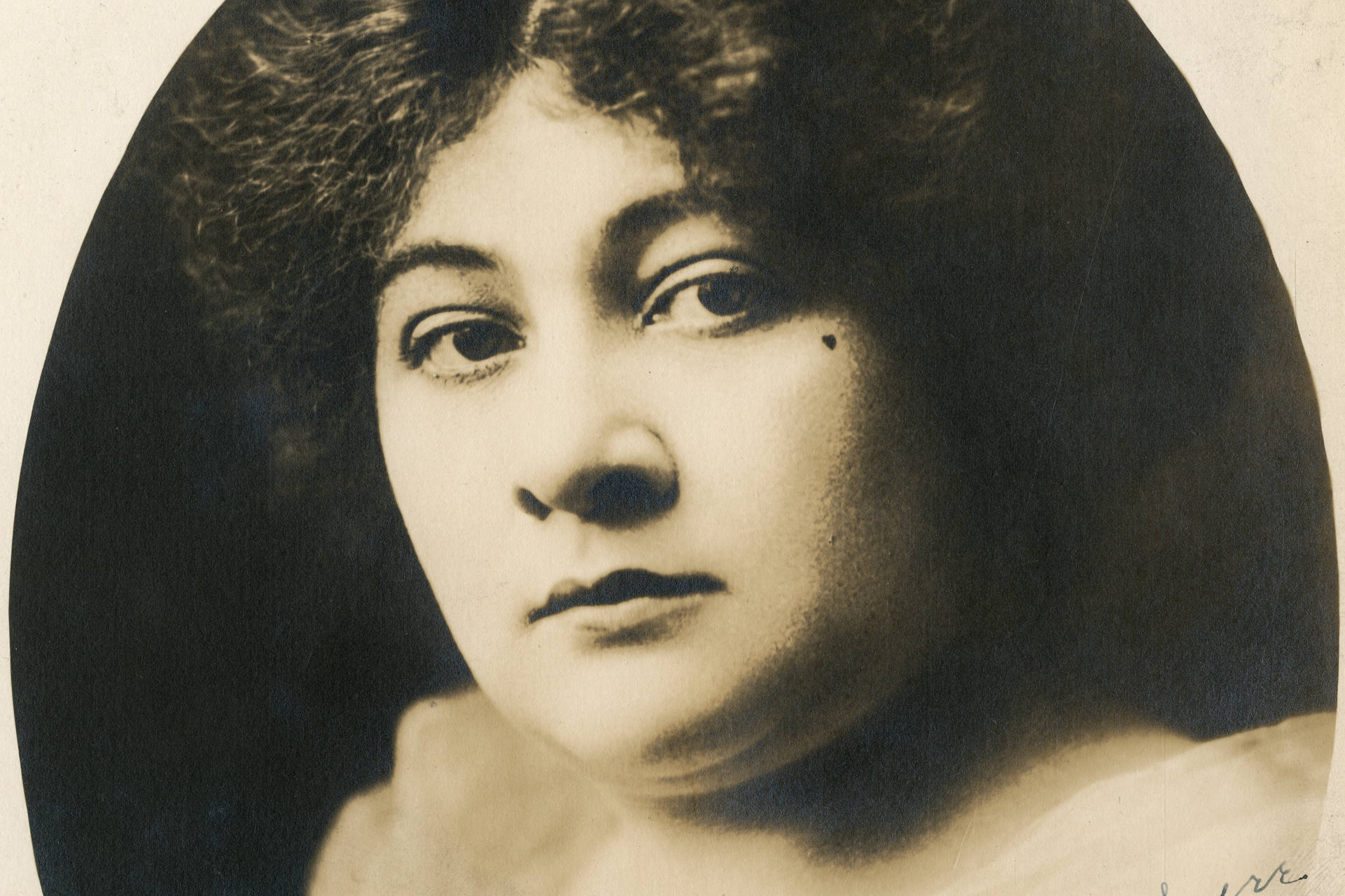 University of Washington, Wikimedia Commons
University of Washington, Wikimedia Commons
18. She Had A Huge Loss
Tucker had made a fun, humorous bit out of exposing the foolishness of her racist act. But, it still wasn’t the act that she wanted to perform. Luckily, fate intervened. Before a big show in Boston, Tucker's makeup got lost in transit, and she had no choice but to go on stage as herself. Then again, there's another side to the story.
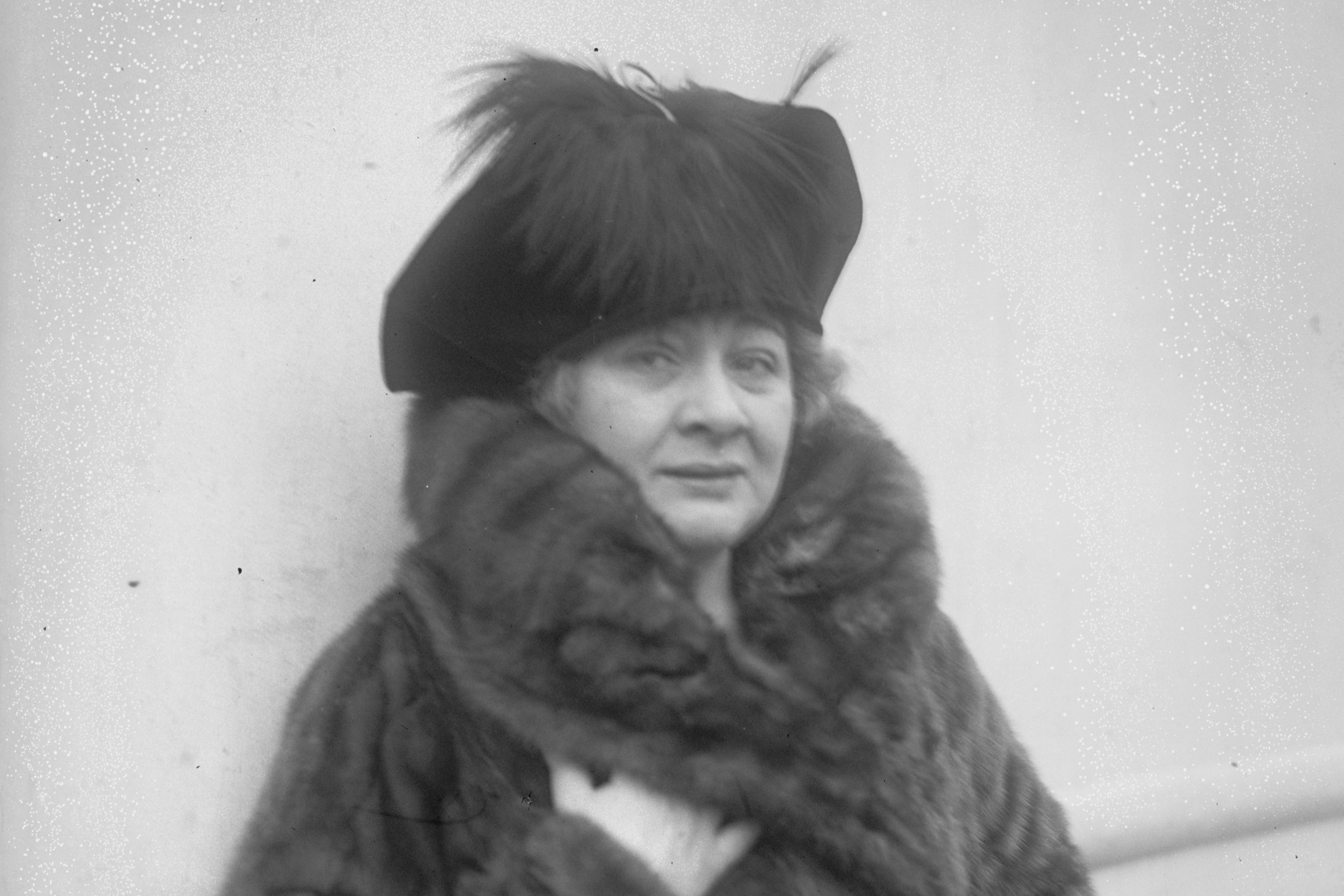 Bain News Service, Wikimedia Commons
Bain News Service, Wikimedia Commons
19. She Was Clever And Cunning
Although the official story is that Tucker's makeup was innocently misplaced, it's very likely that she got completely fed up with her act and contrived to lose her luggage on purpose. Considering what happened when she finally went up on stage, it certainly seemed like she couldn't have planned it better.
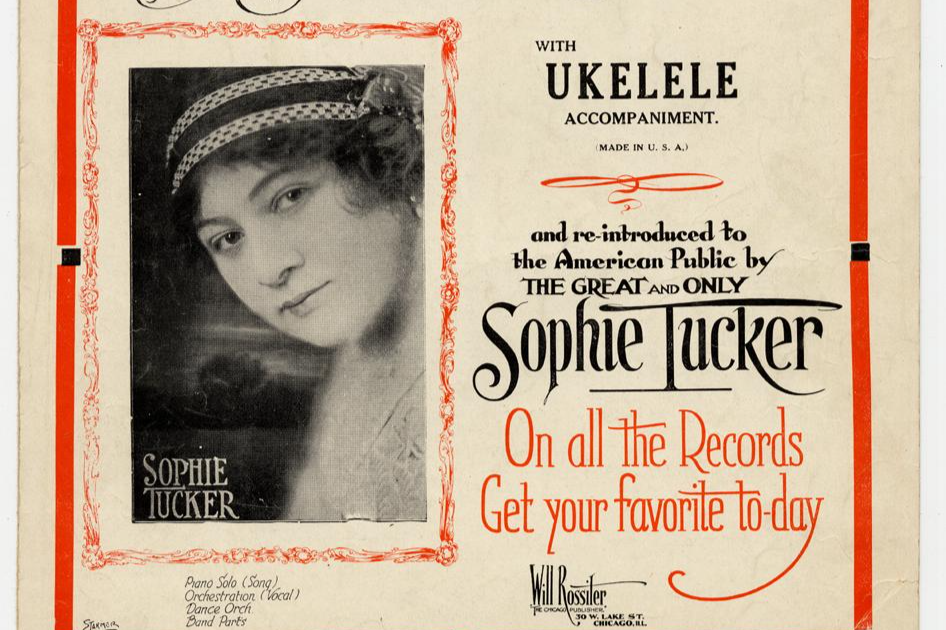 Will Rossiter, Wikimedia Commons
Will Rossiter, Wikimedia Commons
20. She Showed Her True Self
Tucker went on stage that night in the perfect costume: A dress that was too tight for her frame and heels that were too high. It was a deliberate ruse to make audiences laugh. When Tucker inevitably took a pratfall, causing the audience to burst into laughter, she quipped back, “Hey, what are you laughing at? I'm doing the best I can!”
The audience was in the palm of her hand after that, and Tucker got a new idea.
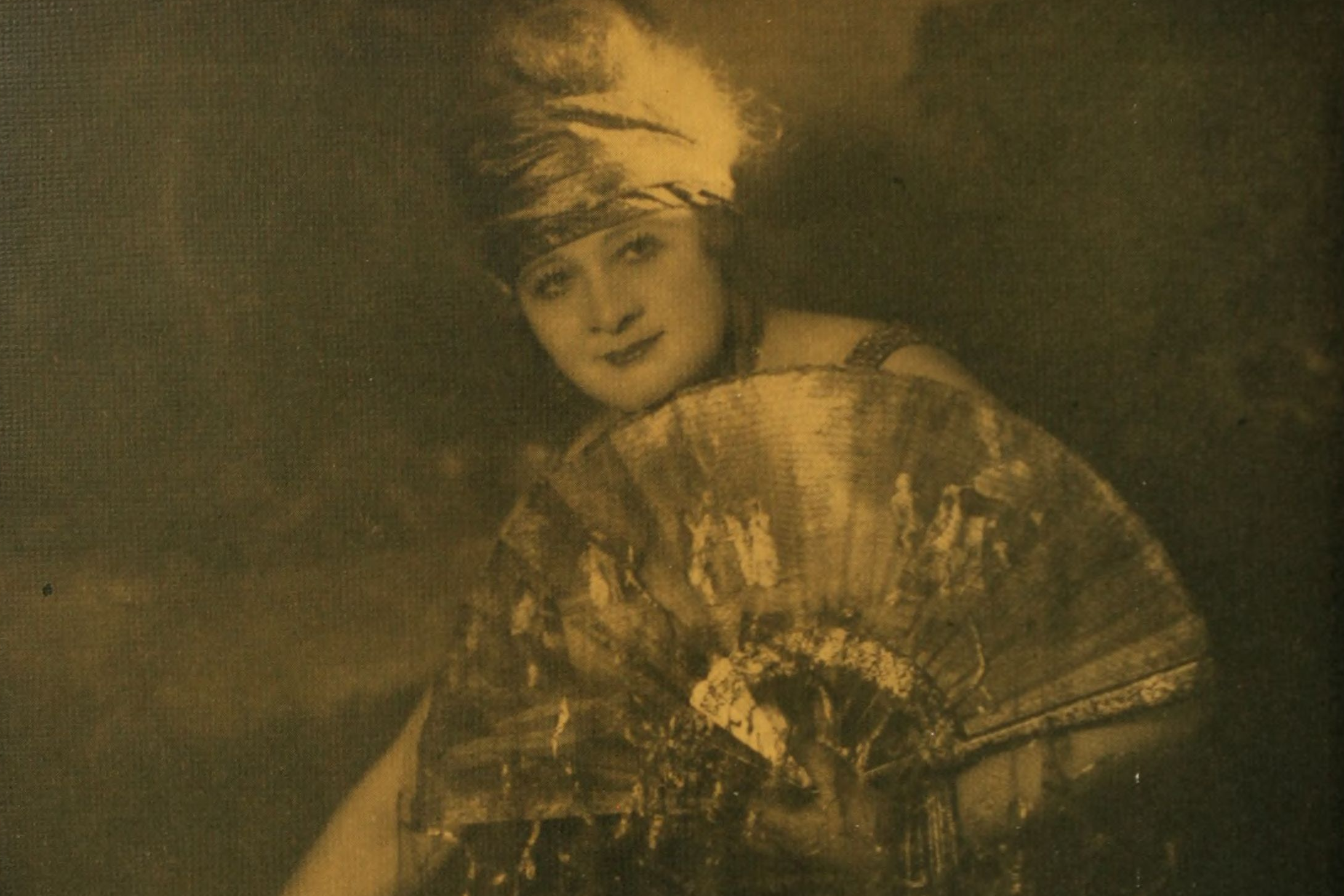 Unknown Author, Wikimedia Commons
Unknown Author, Wikimedia Commons
21. She Leaned In
Tucker soon figured out that the exact thing that made her bosses nervous—her size—was actually her greatest asset. She developed an act that relied on bawdy humor and physicality, touting herself as a "Perfect 48". Meanwhile, her powerful vocals won her fans in songs like “I Don't Want to Get Thin" and "Nobody Loves a Fat Girl, But Oh How a Fat Girl Can Love”.
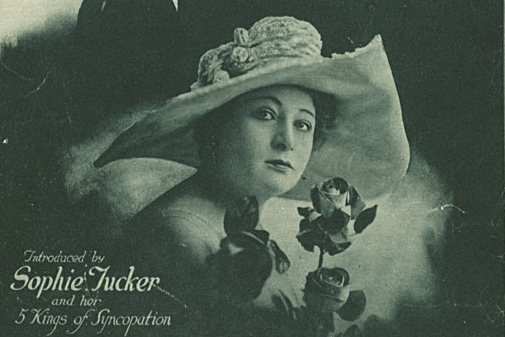 Eugene West, Joe Gold, & Edmund J. Porray, Wikimedia Commons
Eugene West, Joe Gold, & Edmund J. Porray, Wikimedia Commons
22. She Was A Folly
Tucker’s unique act and undeniable stage presence made her an instant success all across the country. In fact, she became so successful that she joined the biggest show in town: the Ziegfeld Follies. She was an instant hit with the audiences, who lapped up her racy sense of humor.
But not everyone appreciated her rise to fame.
23. She Was In A Cat Fight
Despite the fact that she was bringing in big box office numbers, Tucker made powerful enemies. At the Ziegfeld Follies, the other women in the revue were overcome with jealousy when they saw how Tucker, not the typical Ziegfield woman, took their spotlight away from them.
They were so intent on tripping her up, they forced management to oust Tucker from the troupe. But she got the last laugh.
24. She Gained A Powerful Fan
Fortunately for Tucker, someone in the audience at the Ziegfeld Follies had been watching. Someone very powerful and important: William Morris. He was a theater owner and soon to be one of the leading agents in American entertainment.
He knew what the Follies foolishly refused to believe: Tucker was too big a star to share a stage with anyone.
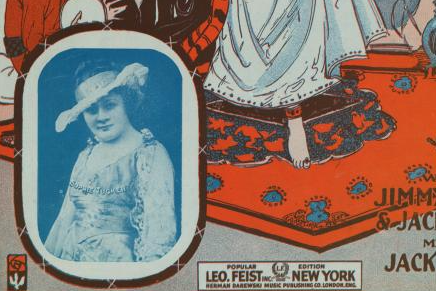 Jimmy Morgan and Jack Coogan, Wikimedia Commons
Jimmy Morgan and Jack Coogan, Wikimedia Commons
25. She Was A Sensation
With Morris’ support, Tucker recorded several songs. Just as predicted, she became a sensational hit and toured all over with her repertoire of chart-toppers. Her bubbly personality and charisma made her a fan favorite wherever she went. Yet she also had some tricks up her sleeve.
26. She Could Be Ice Cold
In a genius marketing move, Tucker sold copies of her autobiography after her concerts. That wasn't all. If you approached her little set-up and didn't buy the book, she would ignore you. Tucker knew her worth, and she was infamous for her brassy confidence.
But if you did buy her autobiography, you got something else entirely.
27. She Befriended Her True Fans
At her post-show merch table, Tucker would give her paying fans marriage advice, honest conversation, and memories to last. She even took down their names and addresses so that she could send them greeting cards whenever she was in town. There was just one person she didn’t want to see again.
28. She Outgrew Her Marriage
Tucker’s act had turned her into an international star. But, as her celebrity ascended, her love life collapsed. She had officially divorced Tuck in 1913, only keeping a variant of his surname because she believed it sounded better. Still, Tucker wasn't one to weep over a man for long.
29. She Dated Her Co-Worker
One of the reasons for Tucker’s divorce was that she had found herself a new man. Around 1913, she began dating her accompanist, Frank Westphal. Especially at first, Tucker and Westphal covered up their personal relationship with their professional one. But there was no covering up their dysfunction.
30. Her Boyfriend Was Jealous Of Her
As Tucker’s star grew brighter and brighter, she couldn’t help but outshine her male counterparts—including her lovers. To avoid bruising his ego, Tucker agreed to share billing with Westphal. But, by 1916, it was obvious that audiences were turning up solely for Tucker and Westphal bowed out of her act. .
You'd think this might have signaled the end of their relationship too. If only.
31. She Couldn't Save Her Lover
Westphal then tried to open a business, but he was inextricably tied to his lover. The business venture was even called the Sophie Tucker Garage, and despite her famous name it failed anyway. With that out of his system, Westphal returned to touring with Tucker as a separate act, tail between his legs.
Unfortunately, it still wasn't over for the two of them. In fact, it was just getting started.
32. She Made Another Rash Decision
Perhaps moved to pity by Westphal's various showbusiness failings, or perhaps just trying to soothe their rocky relationship, Sophie Tucker married Frank Westphal in 1917. It proved to be a terrible idea. Marriage only made Westphal's resentment about his second billing grow, until it hit a cruel climax.
33. She Was Too Much For Her Husband
Tired of playing second fiddle to Sophie's saucy performances and voluptuous vocals, Westphal was likely relieved when he got drafted into the US Army in 1918 to work as a mechanic. Or at least, he wasted no time cutting Tucker out of his life after going into the service, and filed for divorce the very next year.
Tucker was alone again, and it wasn't going to get better soon.
34. She Tried Again
Tucker didn’t find love again for another decade, and in some ways it was her most tragic relationship yet. This time, she went for someone more like her equal, marrying her manager Al Lackey in 1928. However, once again, Lackey didn’t like being Tucker’s, well, lackey.
By 1934, they too were divorced, and Tucker's confessions about the split were heartbreaking.
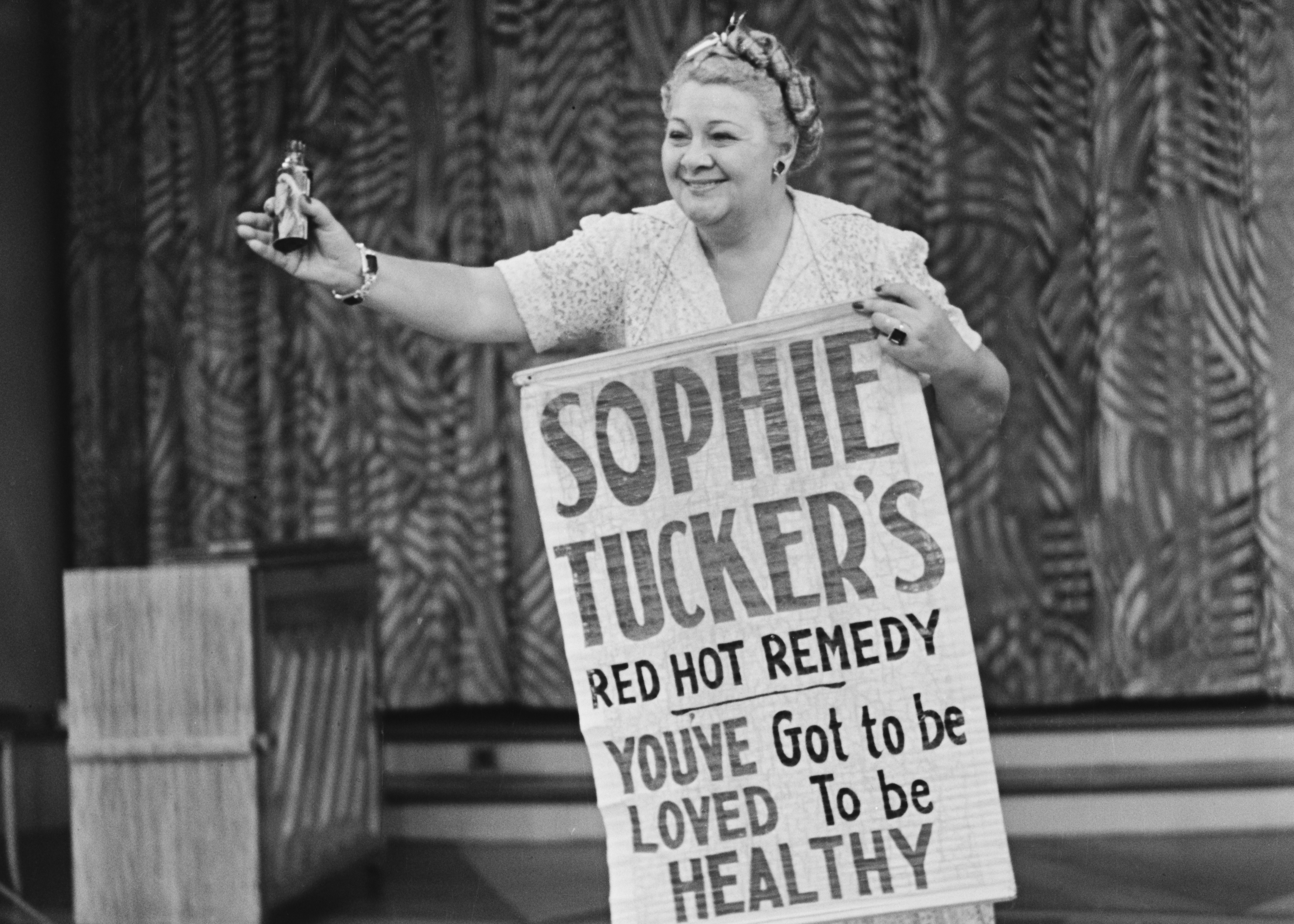 Michael Ochs Archives, Getty Images
Michael Ochs Archives, Getty Images
35. She Was Lonely
In her later years, Tucker reflected on her failed love life. She acknowledged the sad reality that most men didn’t want a strong, financially independent woman, lamenting that, "Once you start carrying your own suitcase, paying your own bills...you've done something to yourself that makes you one of those women men like to call 'a pal'".
Thankfully, she had some of the best friends in showbusiness.
36. She Had Famous Friends
Throughout her career, Tucker developed lifelong friendships with jazz legends and Black musical pioneers such as Mamie Smith and Ethel Waters. Tucker learned a lot from these artists and incorporated jazz into her musical style. But her affinity for Black musicians caused one explosive moment.
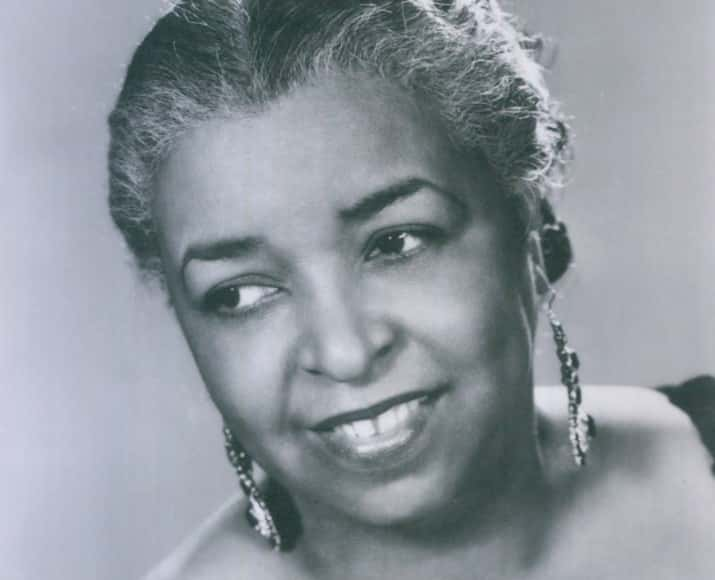 Alfredo Valente, Wikimedia Commons
Alfredo Valente, Wikimedia Commons
37. She Broke With Convention
When Tucker threw a big wedding party for her sister in New York, she caused a stir with her color-blind choice of guests. Among the honored guests at the vaudeville legend’s party was the Black music icon Bill "Bojangles" Robinson. Except when Bojangles showed up at the hall hosting the soiree, everything went off the rails.
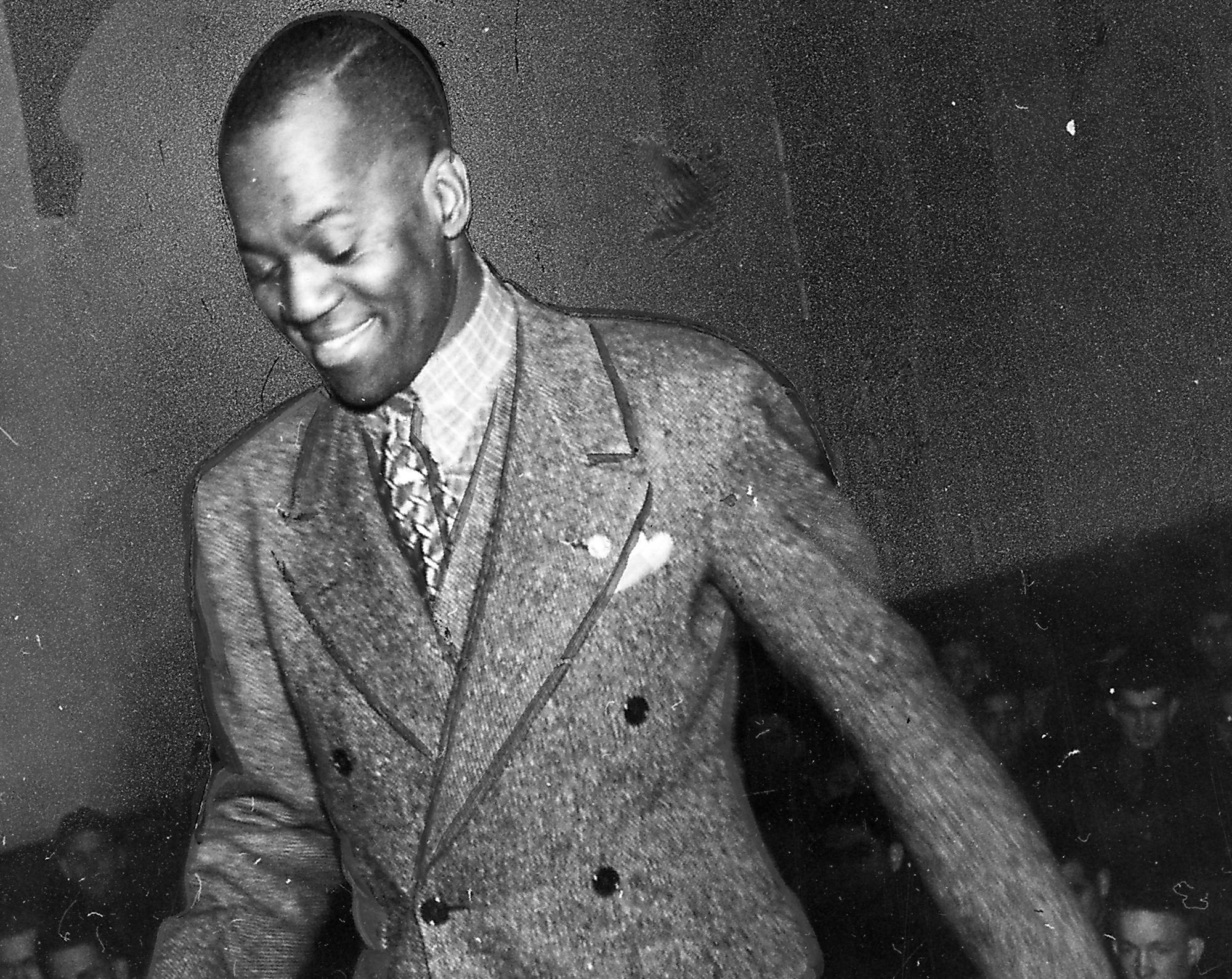 Afro Newspaper/Gado, Getty Images
Afro Newspaper/Gado, Getty Images
38. Her Guest Got Snubbed
When Bojangles showed up to the party, the doorman interjected, saying all of the white guests could enter but said that Bojangles would have to use the kitchen entrance. Unfortunately for that doorman, Tucker had no tolerance for intolerance. Her reaction left him stunned.
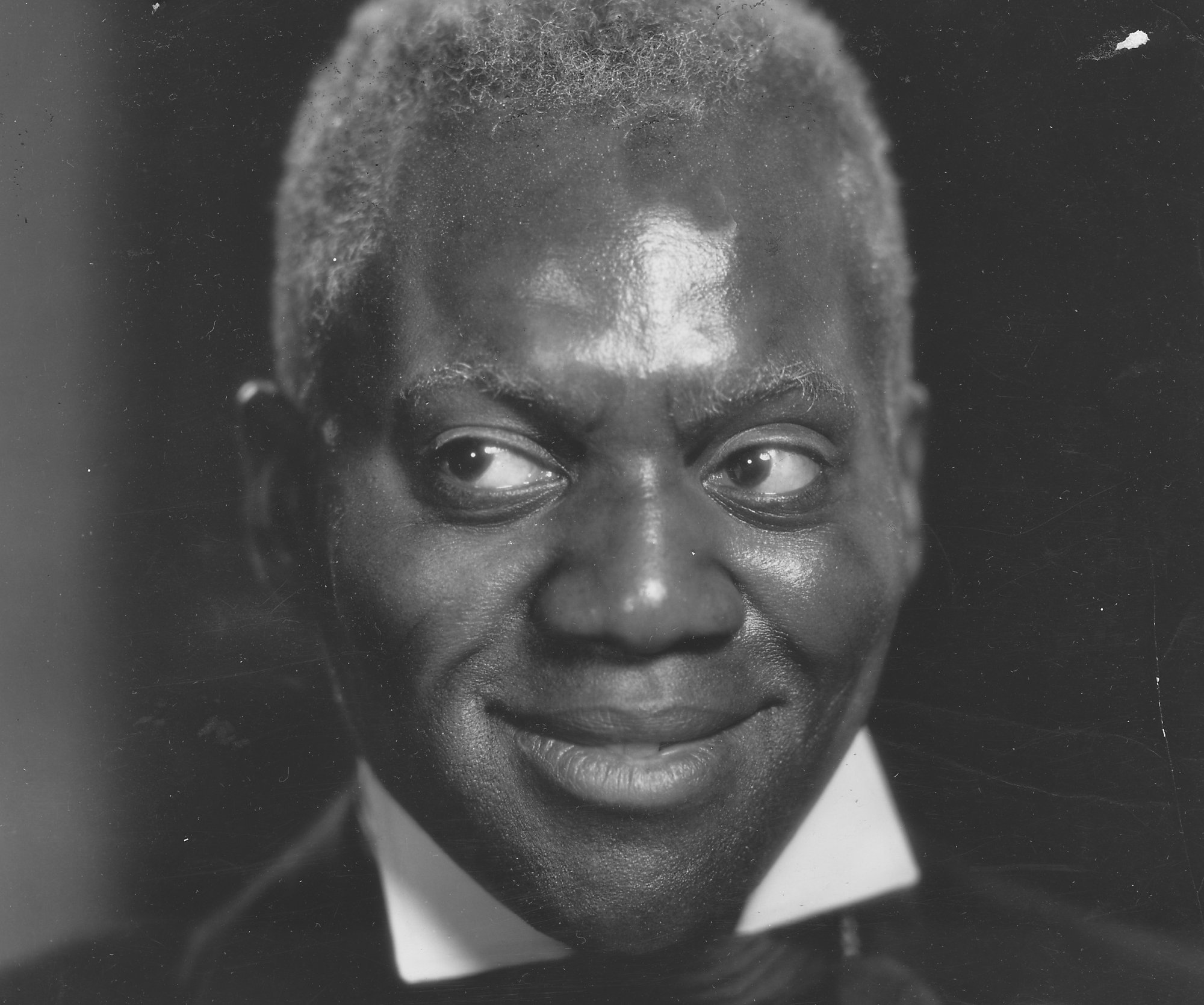 Afro Newspaper/Gado, Getty Images
Afro Newspaper/Gado, Getty Images
39. She Had The Perfect Reply
As it happened, Tucker was standing in the entryway when the doorman issued his discriminatory instructions. Her six word comeback was perfection. After hearing the his orders, Tucker angrily shot back, “OK—everybody goes through the kitchen”.
However, Tucker's brand of fierce friendship extended to some of the most unsavory characters of her era.
40. She Had Some Weird Friends
Tucker’s friendships with prominent Black musicians were actually her least controversial friendships. The “Last of the Red-Hot Mamas” was infamously close friends with men on both sides of the law. On the one hand, she counted Al Capone as a dear friend. On the other hand, she kept company with J Edgar Hoover.
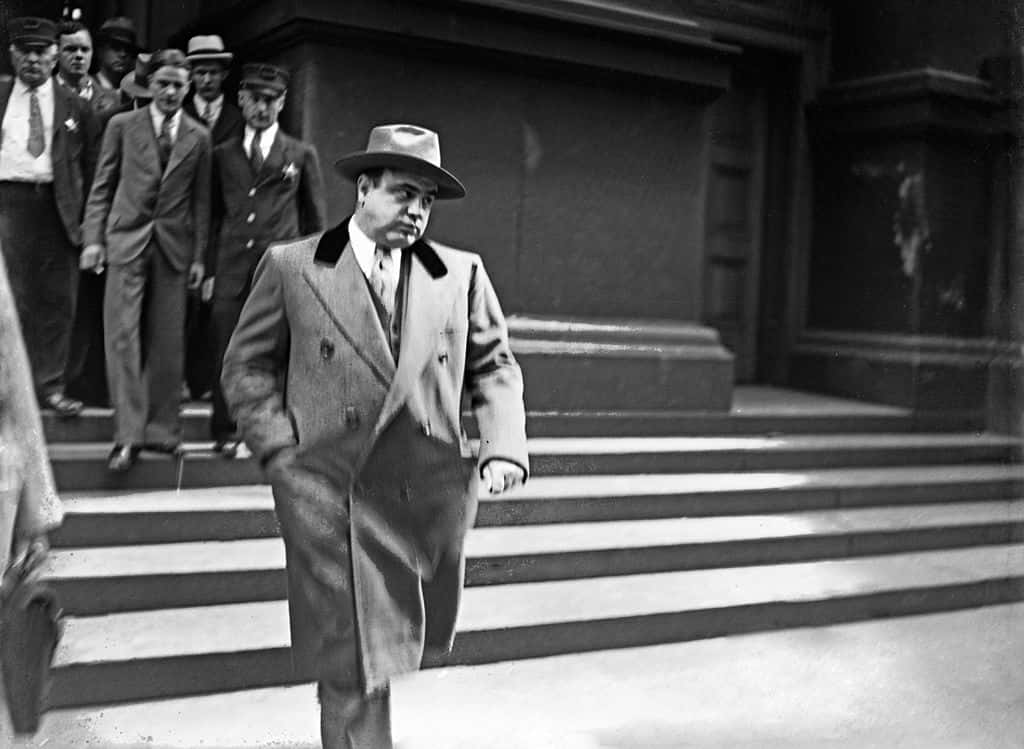 Chicago Daily News, Getty Images
Chicago Daily News, Getty Images
41. She Wasn't Afraid Of Kings
Eventually, Tucker’s popularity went international. She traveled to Europe, where her libertine act met with even more enthusiasm than at home. Sophie Tucker, however, was her same old brassy self: When she played for King George V and Queen Mary, she yelled out “Hiya King!"
Not all Tucker's bold habits were good for her, however.
42. She Smoked Like A Chimney
Throughout her career, Tucker smoked like a chimney above an eternal flame. While this may or may not have affected her vocals, it did have one noticeable consequence. Apparently, she coughed so much and so often that a parrot belonging to one of her friends would cough every time someone mentioned her name.
43. She Watched Her World Die
By the late 1920s, vaudeville was on the decline, and Tucker herself admitted as much. When recalling the final performance at the Palace Theater in New York City before it closed down, she said “The whole place, even the performers, stank of decay". But there was nothing decaying about her.
 Unknown author, Wikimedia Commons
Unknown author, Wikimedia Commons
44. She Tried To Save The Theater
As Tucker took to the stage at the Palace Theater that night, she brought the place back to life. “As I sang, I could feel the atmosphere change,” she said. She threw caution to the wind and delivered a performance that gave the promise of better days. “That's what an entertainer can do,” Tucker summarized.
In fact, this next phase would literally make her name.
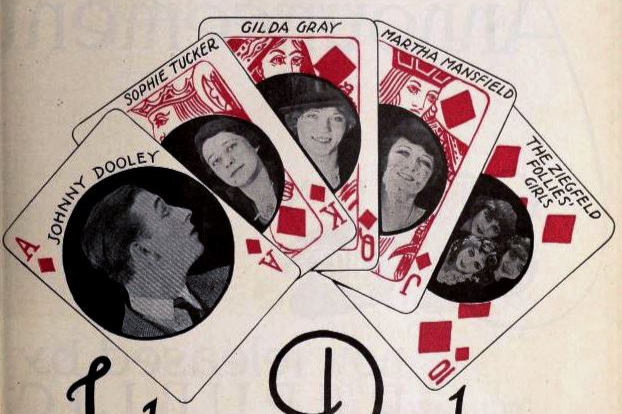 Tyrad Pictures Inc, Wikimedia Commons
Tyrad Pictures Inc, Wikimedia Commons
45. She Became The Last Of Her Kind
Sophie Tucker couldn't single-handedly save vaudeville, and the acts died out as the 1930s swung in. But Sophie knew how to save herself. Always a canny marketer of her brand, she began appearing as the "Last of the Red-Hot Mamas," a nod not only to a song lyric of hers, but also to her bawdy vaudeville roots that were now seldom seen in music halls.
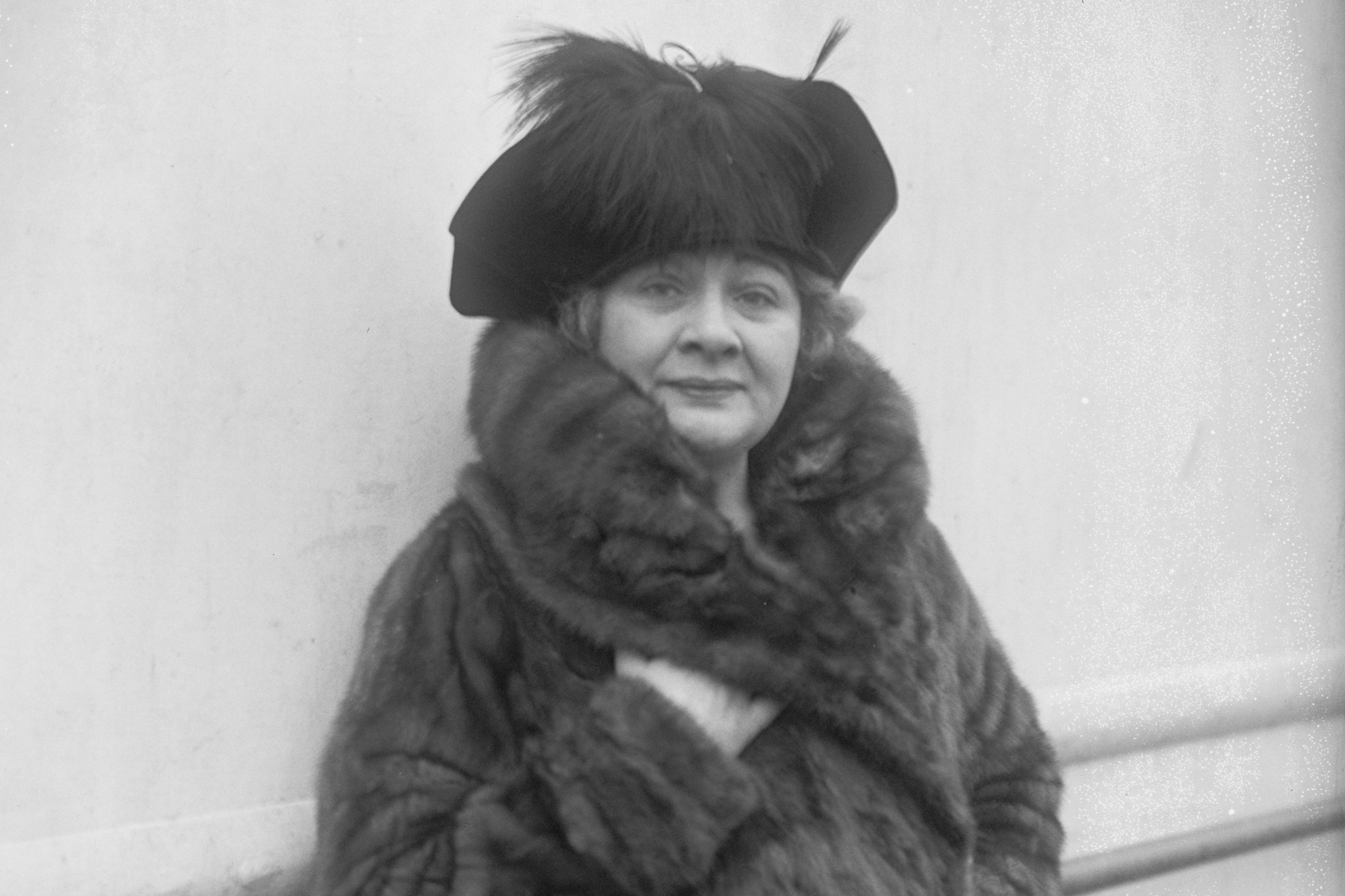 Bain News Service, Wikimedia Commons
Bain News Service, Wikimedia Commons
46. She Ventured Into Film
With the end of vaudeville, Tucker ventured into radio and film. She even had a short-lived radio show, The Roi Tan Program with Sophie Tucker, and made popular appearances on TV throughout the 1950s and 60s. On the silver screen, her most memorable role saw her play Judy Garland’s mother in Broadway Melody of 1938.
But she never lost her love for the stage. Or her racy humor.
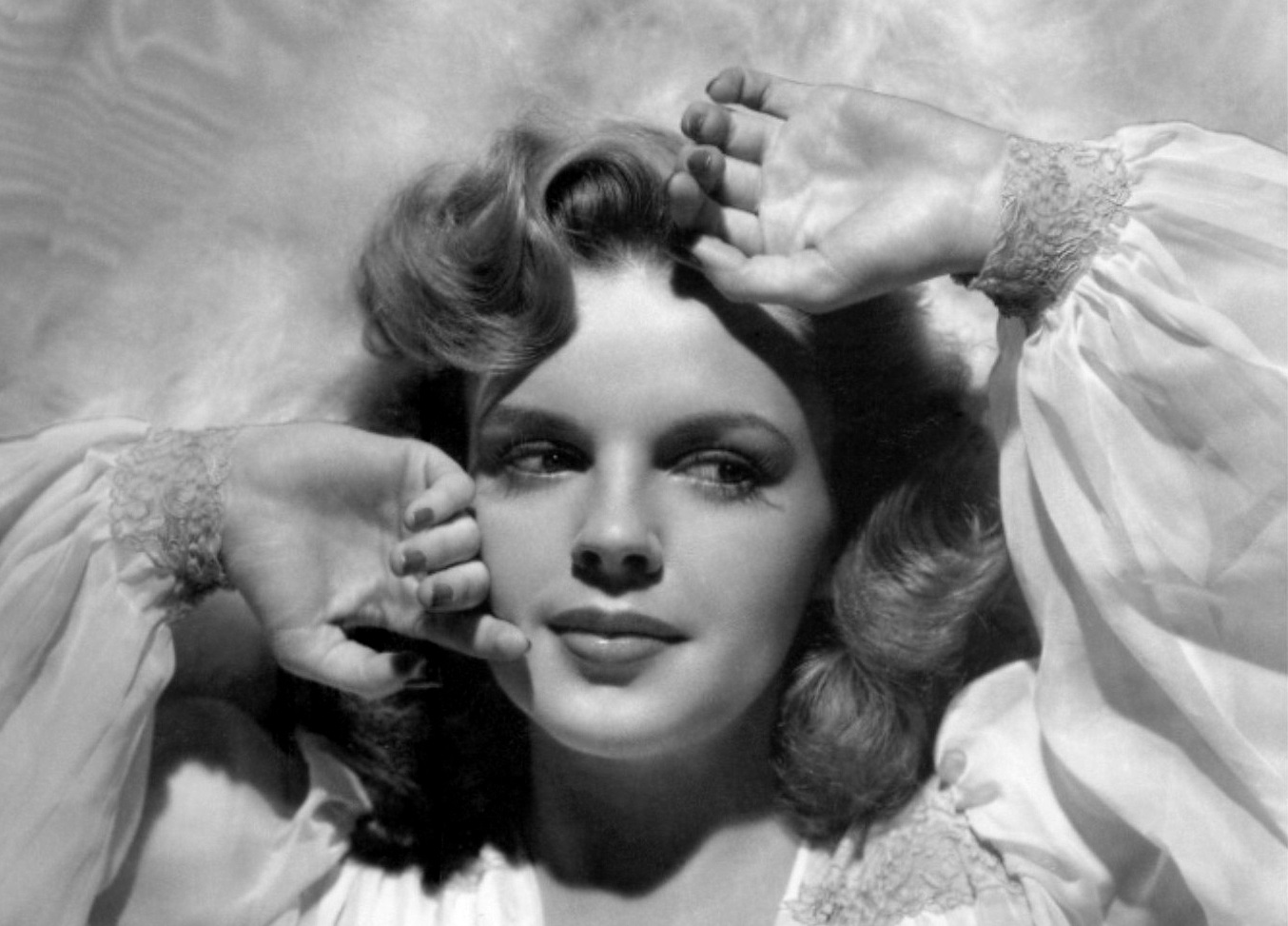 Clarence Sinclair Bull - MGM publicity photographer, Wikimedia Commons
Clarence Sinclair Bull - MGM publicity photographer, Wikimedia Commons
47. She Dated A Much Younger (Imaginary) Man
Tucker continued performing on stage well into her later years, and she never lost a step. As she got older, she incorporated a pretend boyfriend named Abe into her act. She pretended that Abe had come to her and said, “Sophie, I'm tired of waiting for you—I'm going to get myself a 30-year-old girlfriend”.
Tucker would then say, "Go ahead. I'm going to get myself a 30-year-old boyfriend. But just remember, 30 goes into 70 a lot more times than 70 goes into 30". Sadly, that would be one of her last jokes.
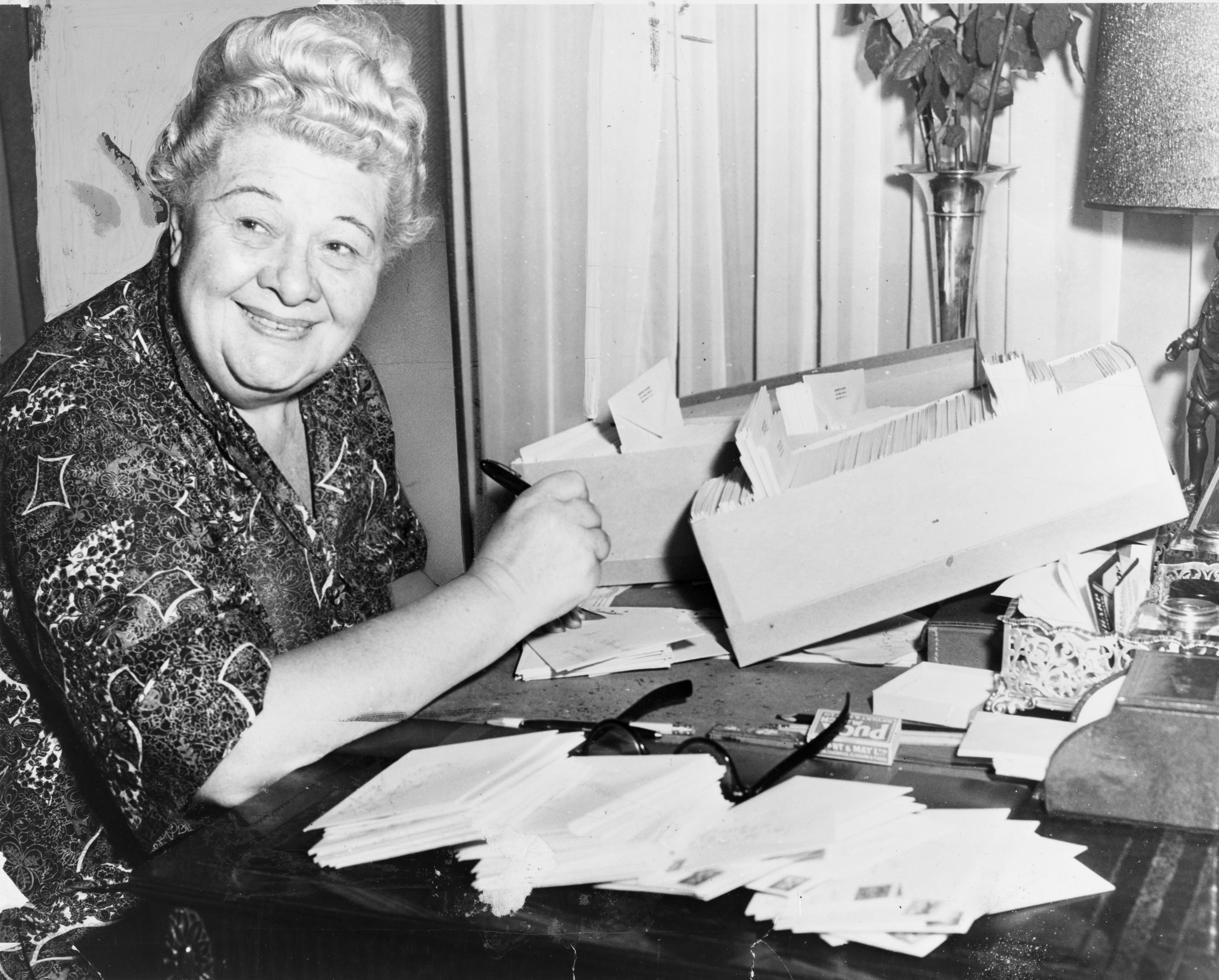 Dick DeMarsico, Wikimedia Commons
Dick DeMarsico, Wikimedia Commons
48. She Was An Eternal Diva
As Tucker grew older, she eventually needed a wheelchair to get around. But even as her physical health waned, Tucker stayed true to her moniker “The Last of the Red-hot Mamas”. When Tucker’s friend, Doreen Lewis, visited her in 1966, she recalled that Tucker kept complaining in Yiddish that her nurse had attached chiffon tassels to her wheelchair—ones that didn't match her dress.
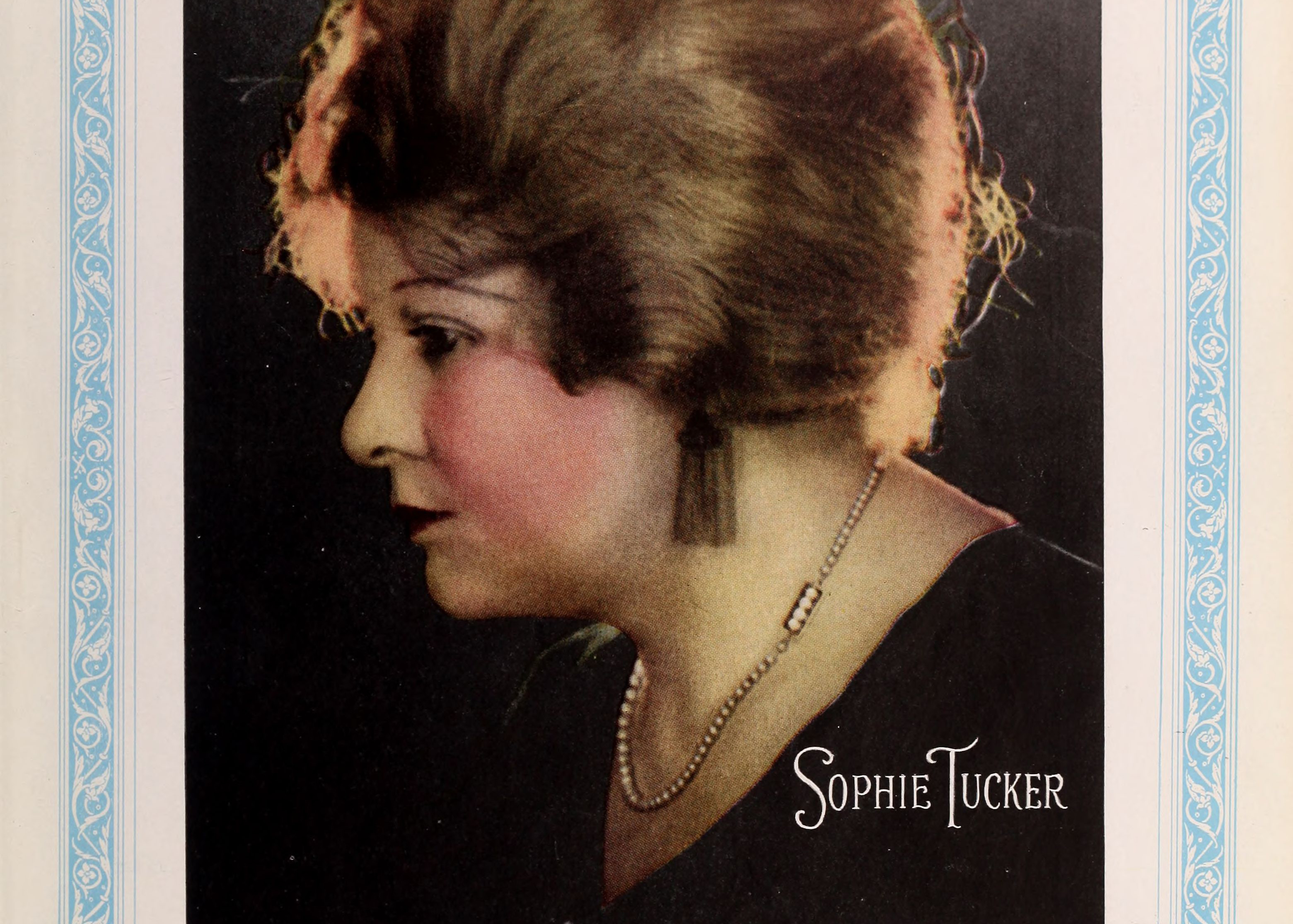 Unknown Author, Wikimedia Commons
Unknown Author, Wikimedia Commons
49. She Had A Homecoming
In 1913, the same year that Tucker divorced her first husband, her whirlwind tour brought her back to her hometown of Hartford, Connecticut. Given her previous shameful performances and the circumstances of her failed marriage, it could have been an icy welcome. She was in for a surprise.
As she entered the town, a giant billboard greeted her saying, “Sophie Tucker, The Pride of Hartford”.
 Citizen Mira, CC BY 2.0, Wikimedia Commons
Citizen Mira, CC BY 2.0, Wikimedia Commons
50. She Had A Disastrous Relationship With Her Son
In the end, Tucker’s career success came at a terrible price. While she counted royalty among her friends, she never did establish a stable, loving relationship with the son she had left back in Connecticut all those years ago. Her sister effectively raised Albert as her own, with Tucker seemingly only contributing financially to his life.
51. She Went Out Like A Star
After a long and exciting career, Tucker knew how to make an exit. Moments before her passing, she called in her nurse and demanded that she bring her chiffon hanky and wig. Donning the costume, she recited some lines from her act and then slowly drifted off into the hereafter, leaving behind a legacy as the “Last of the Red-Hot Mamas” but the “First Lady of Show Business”.

